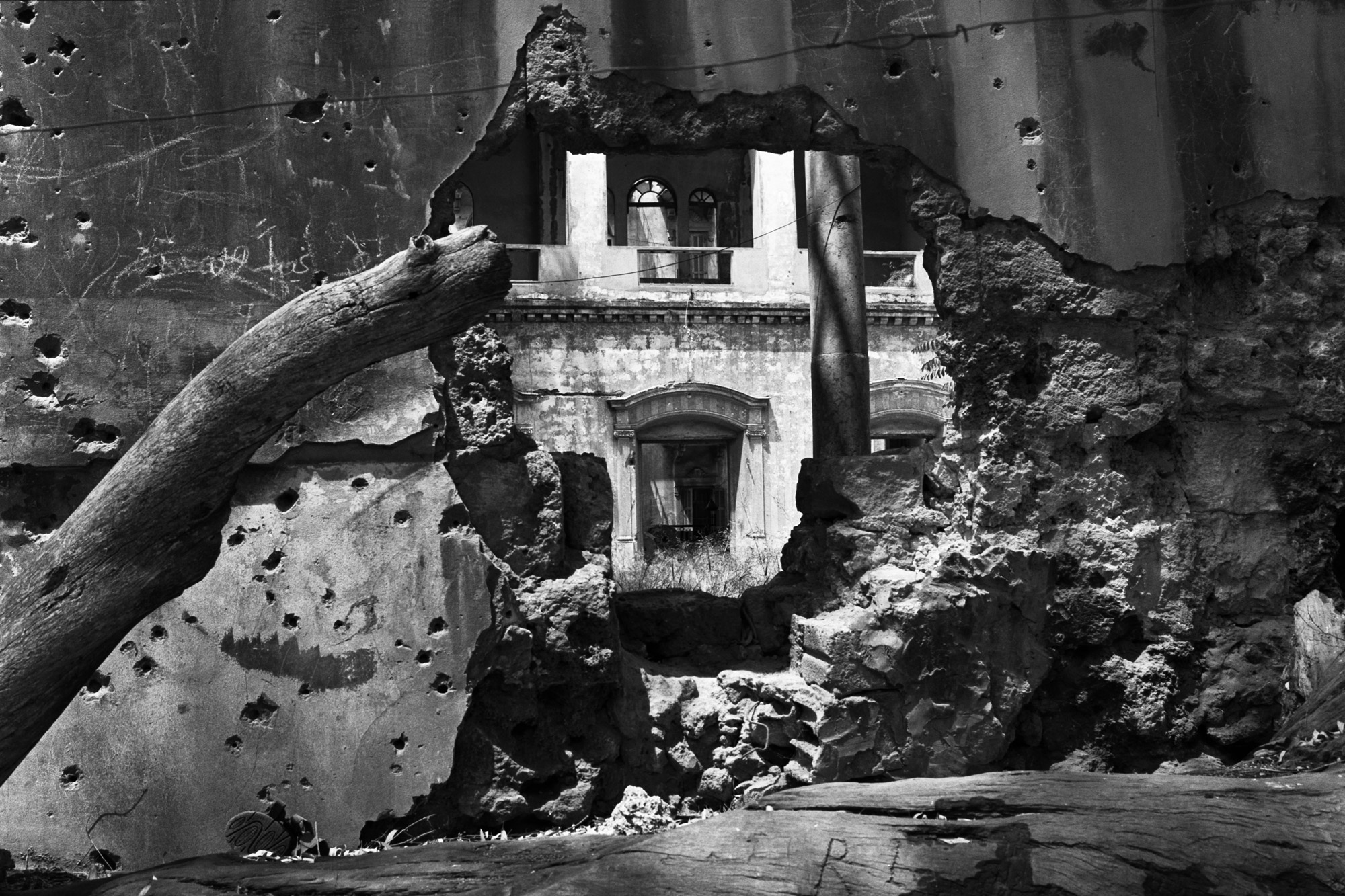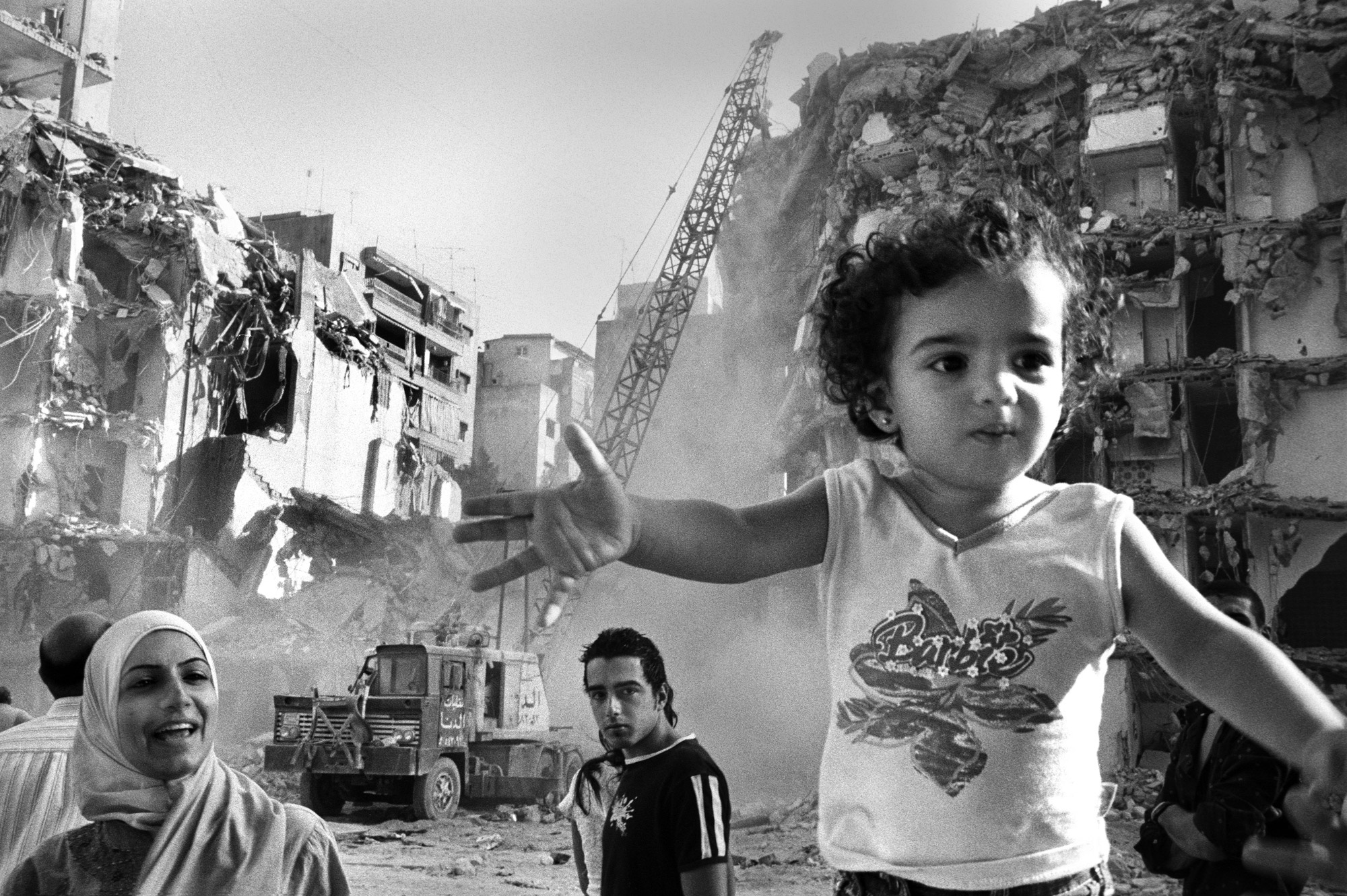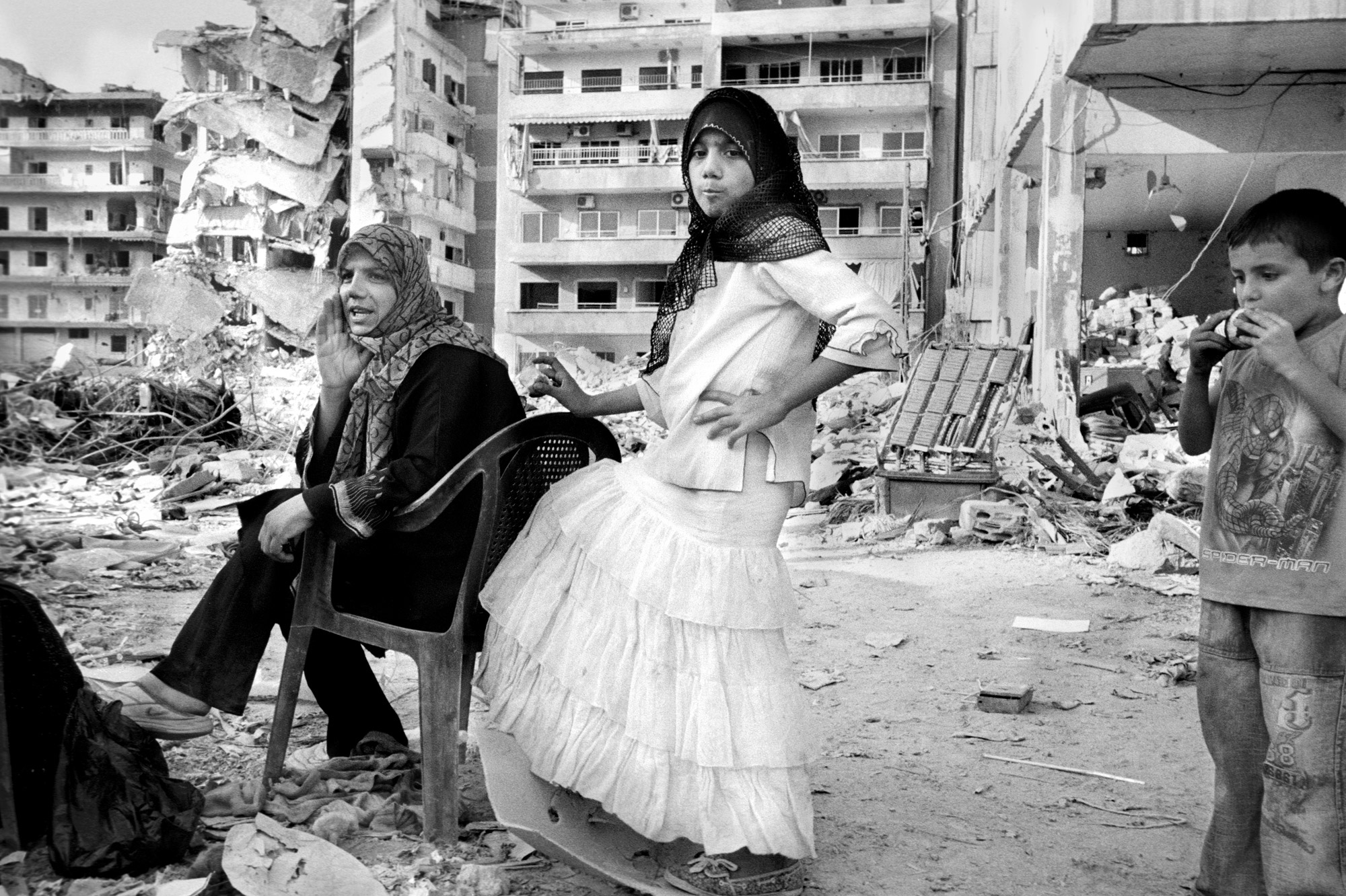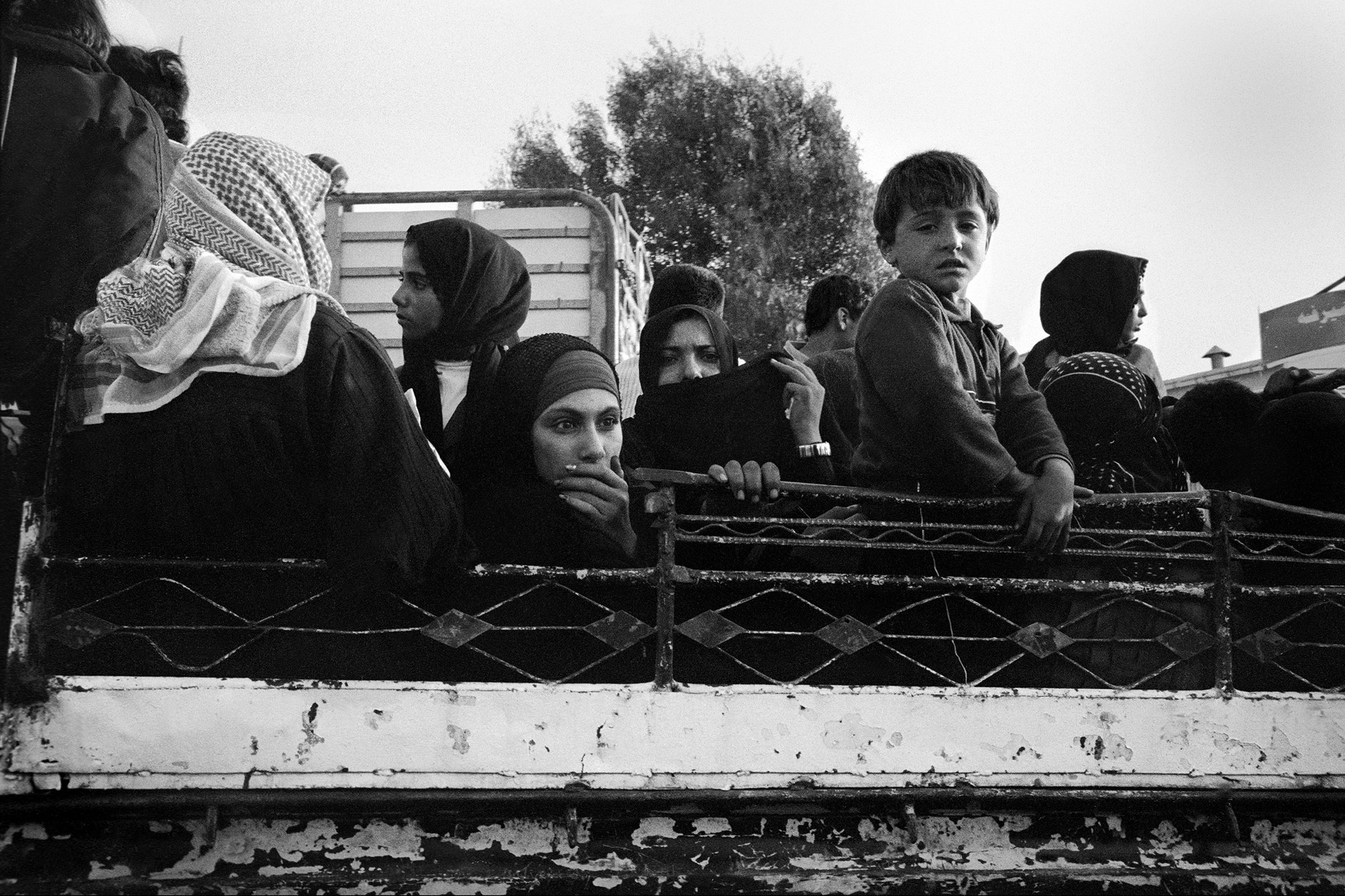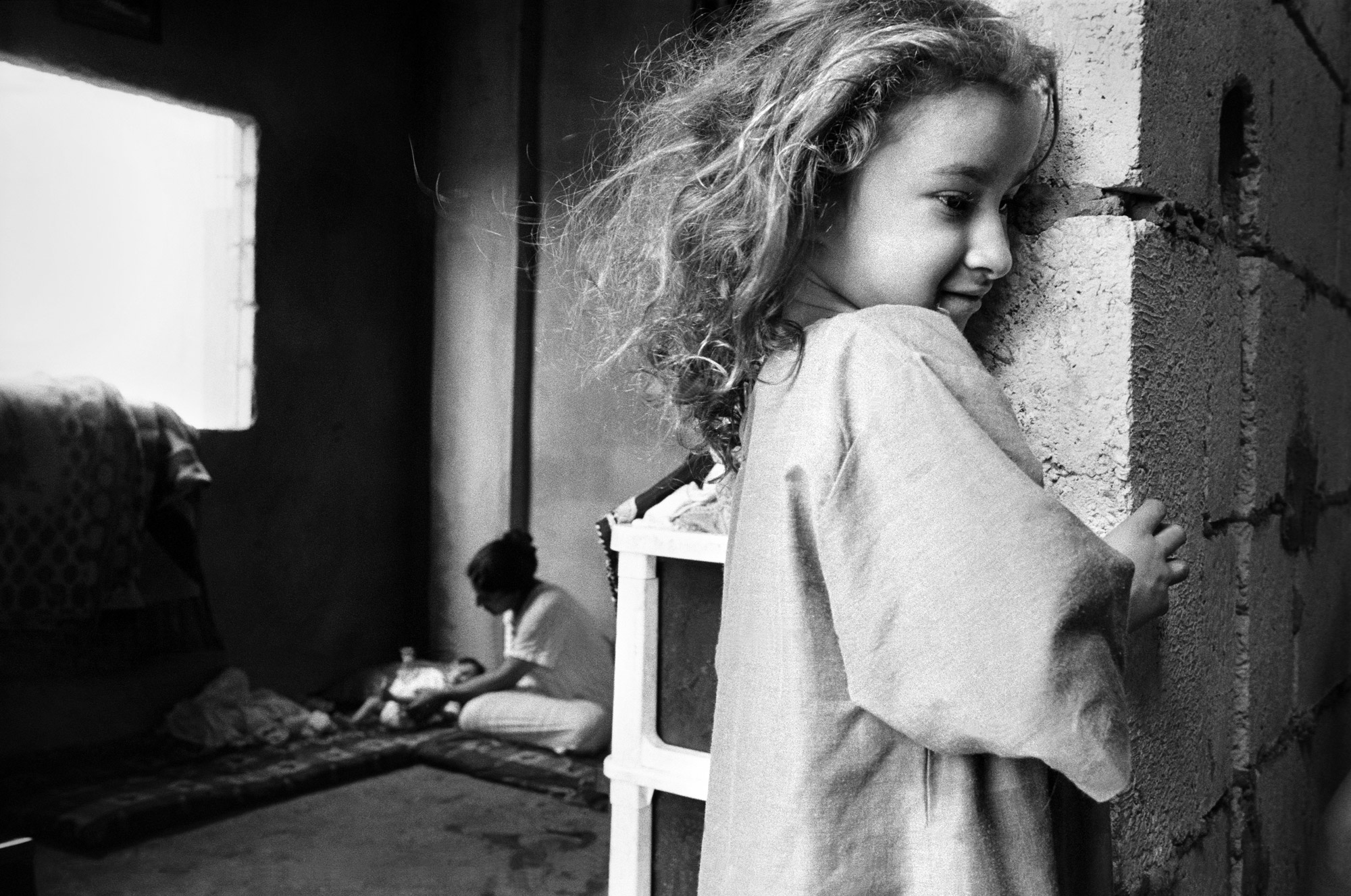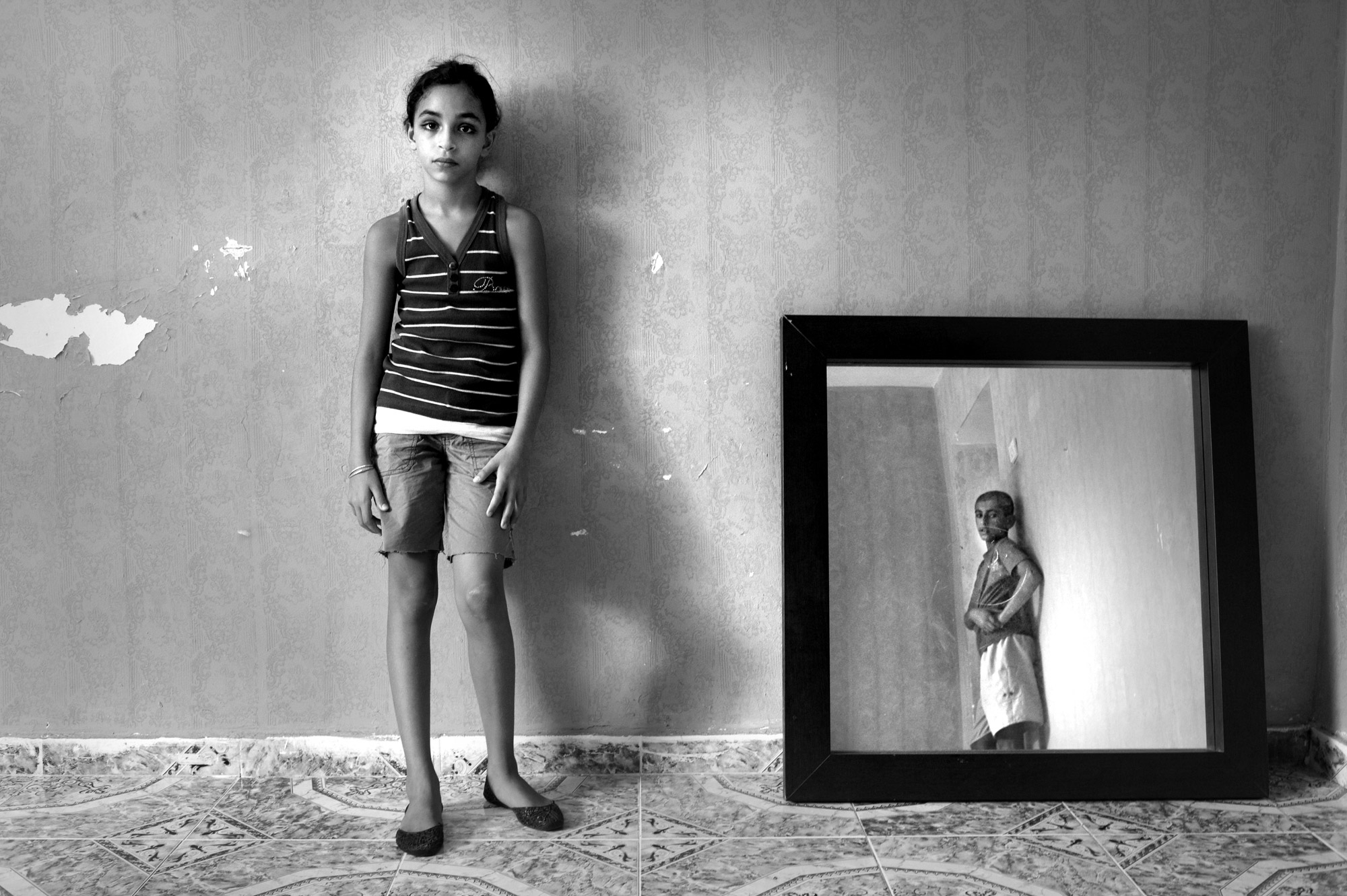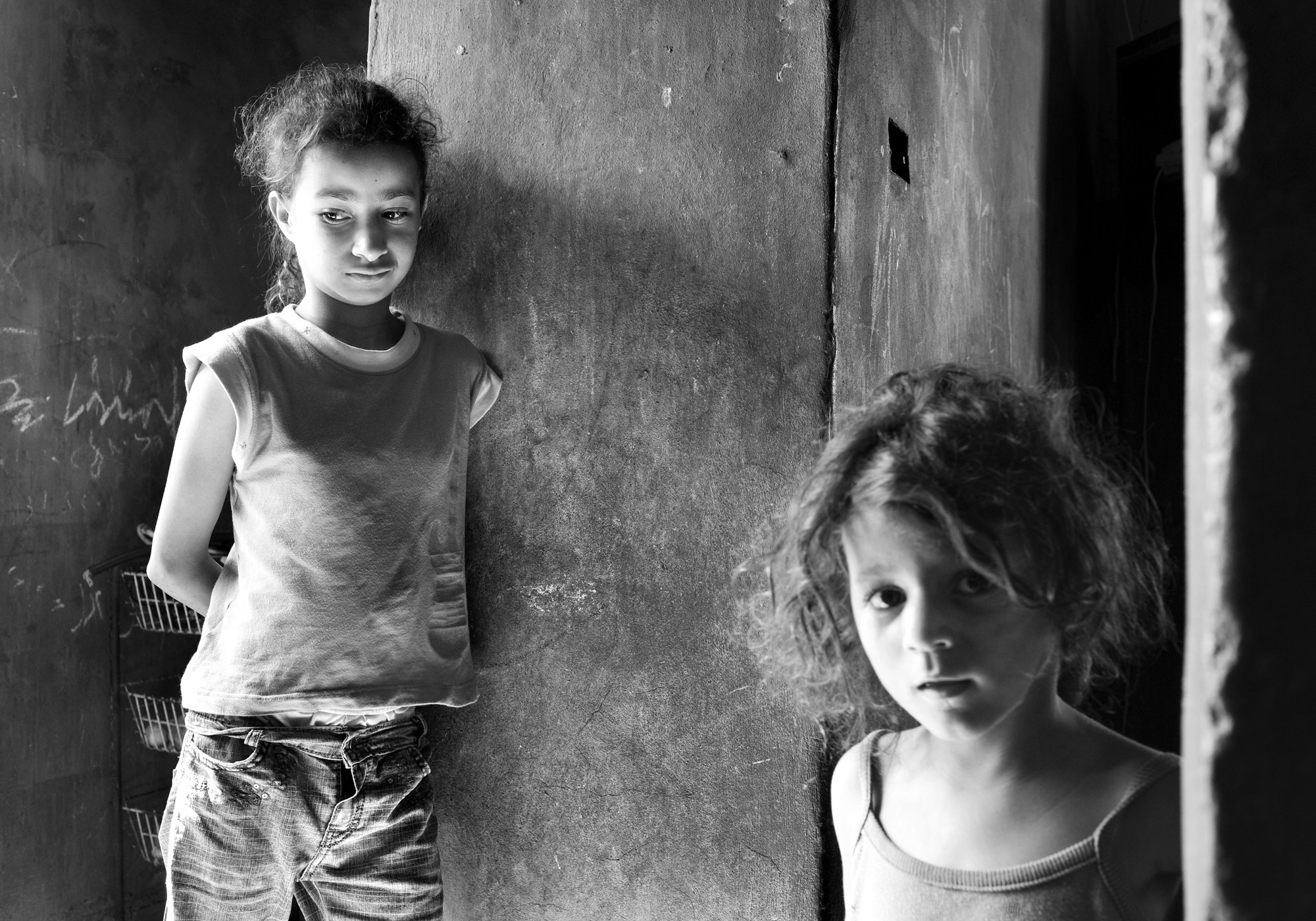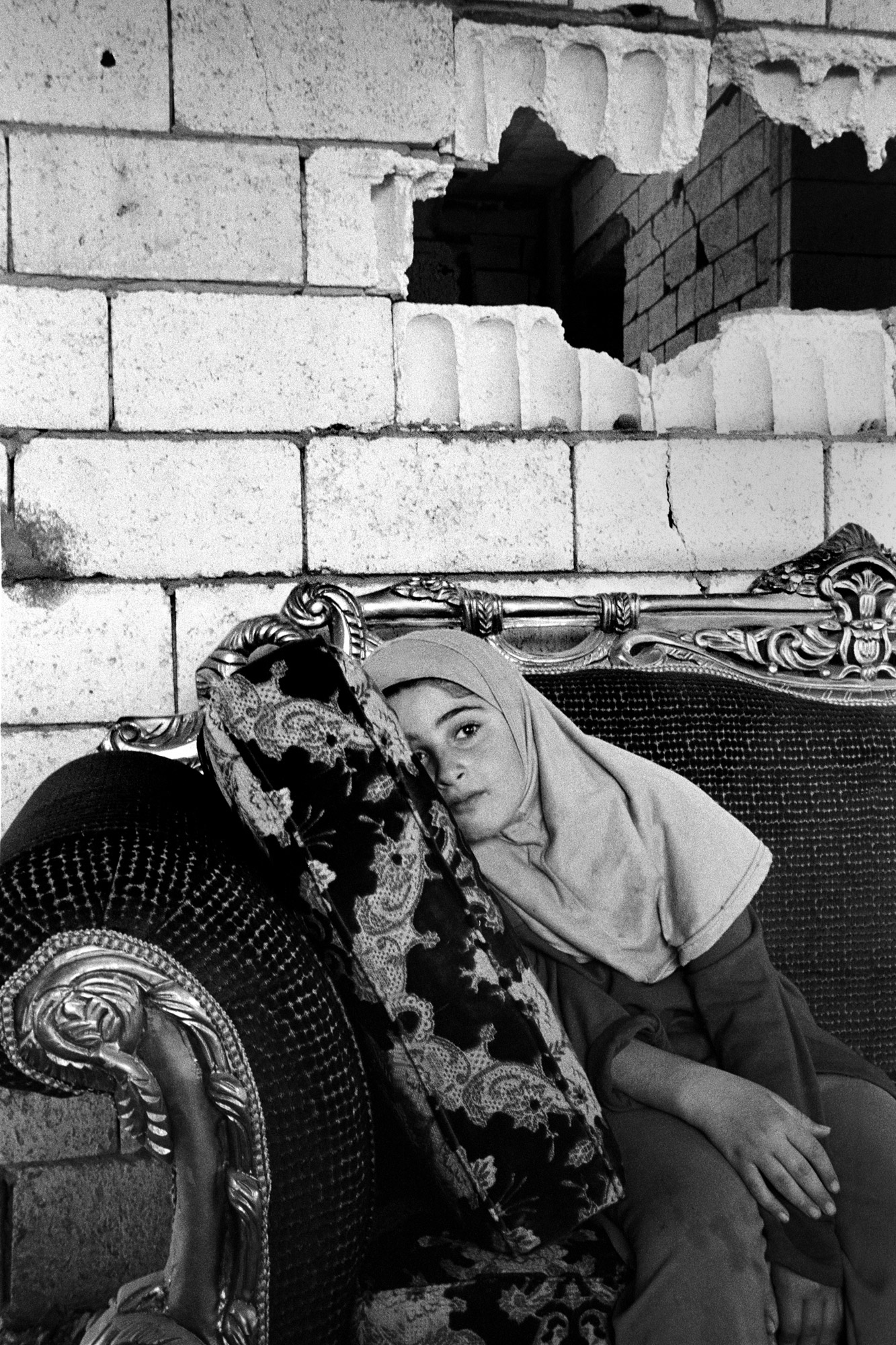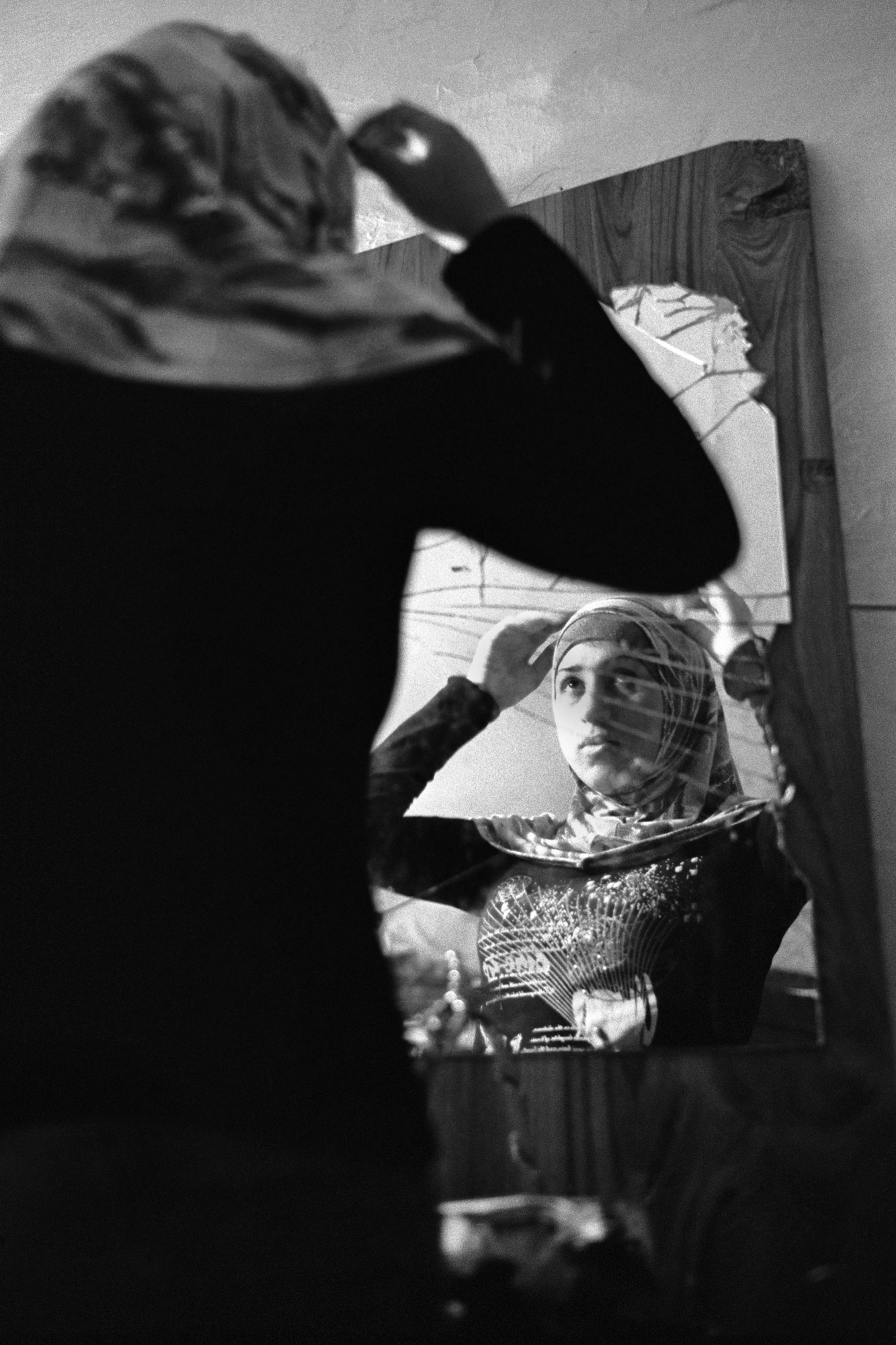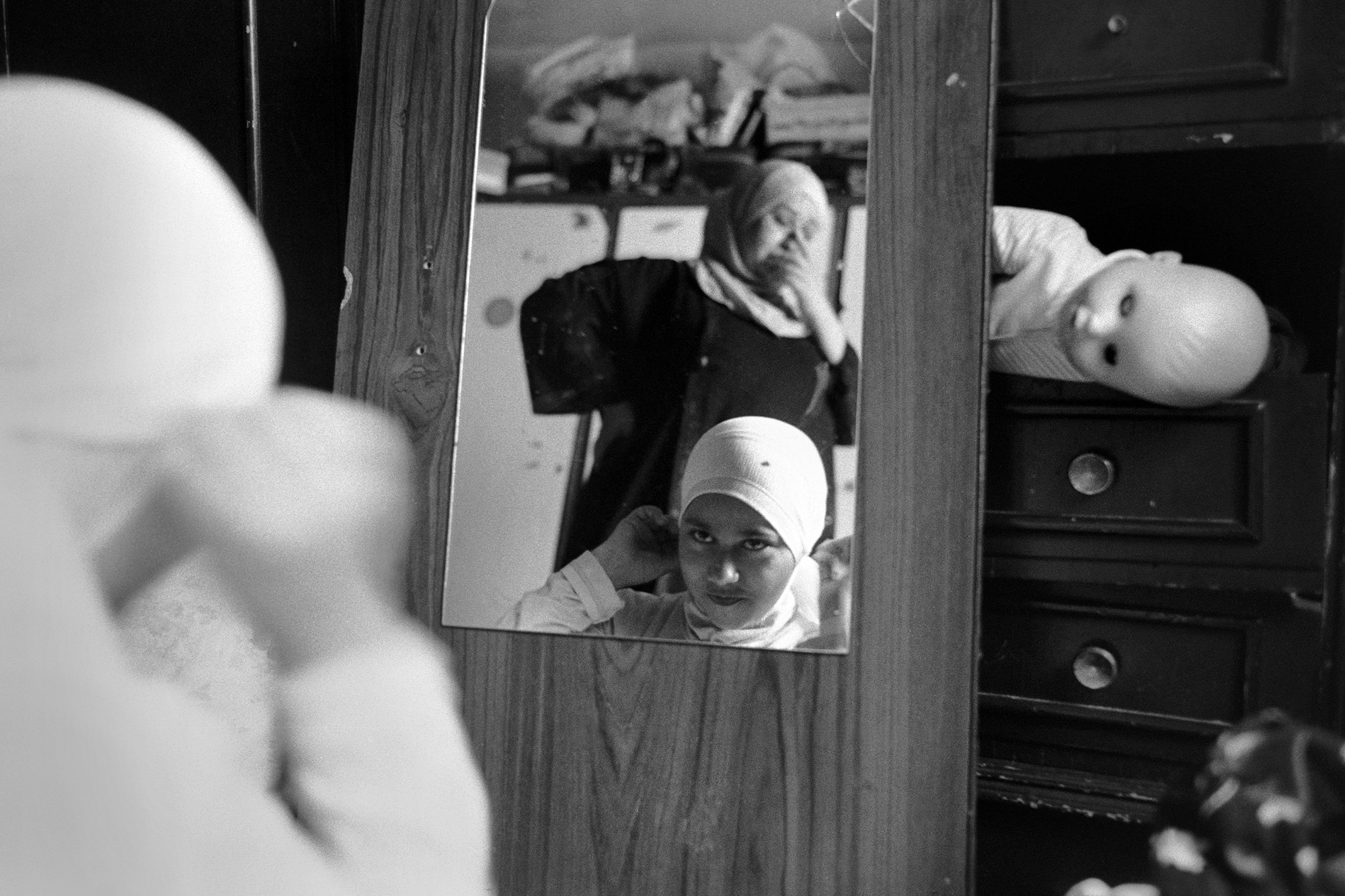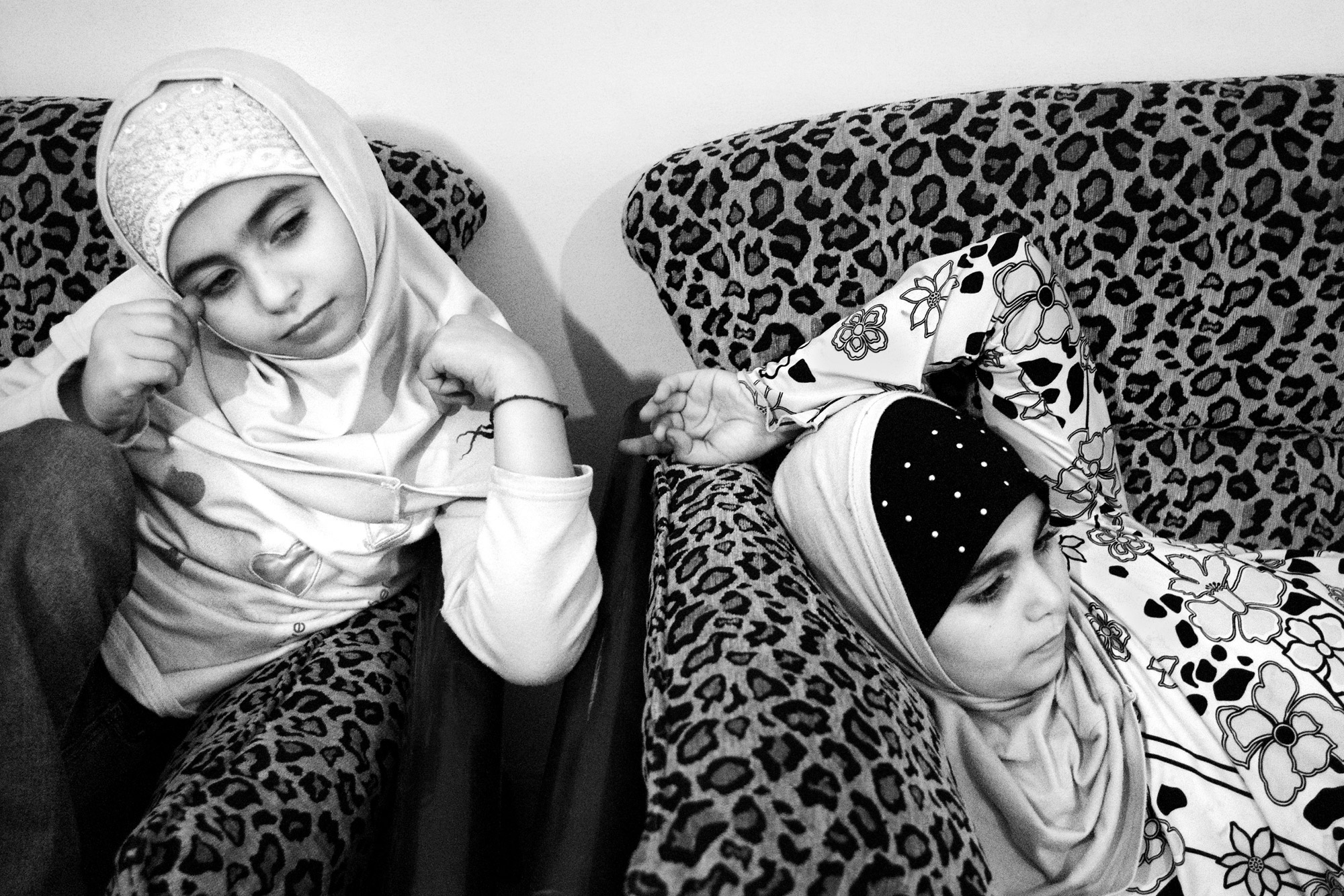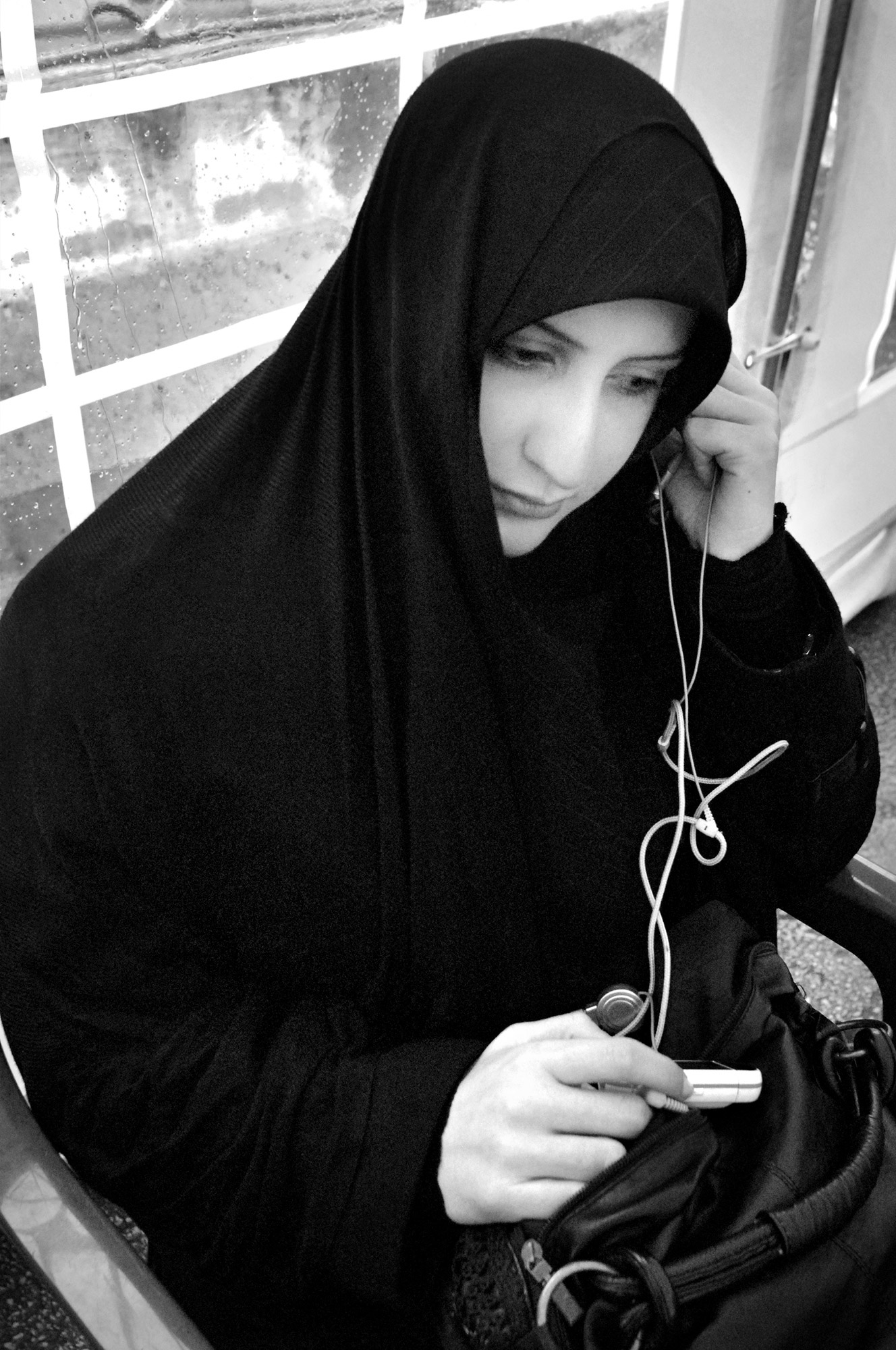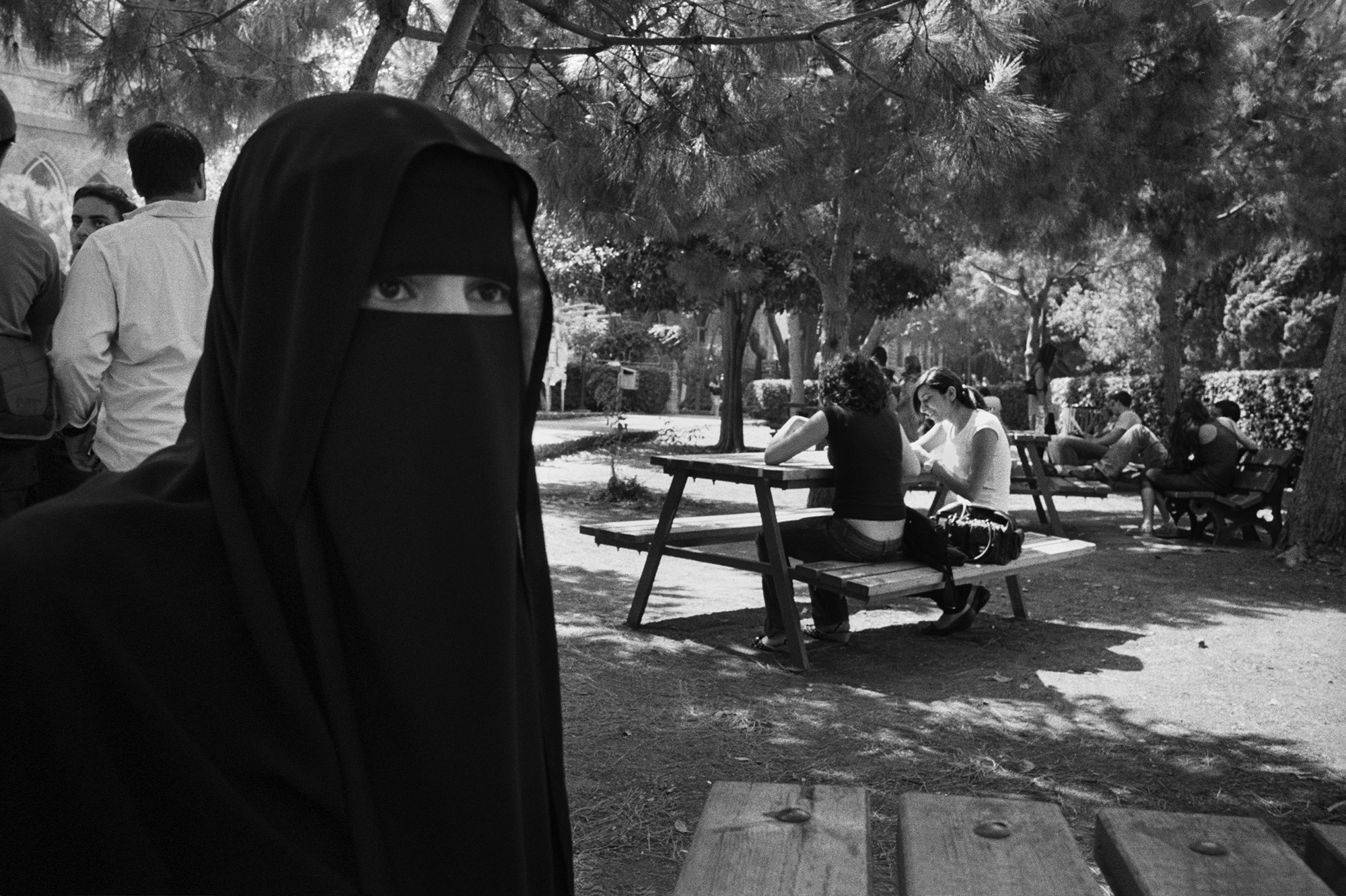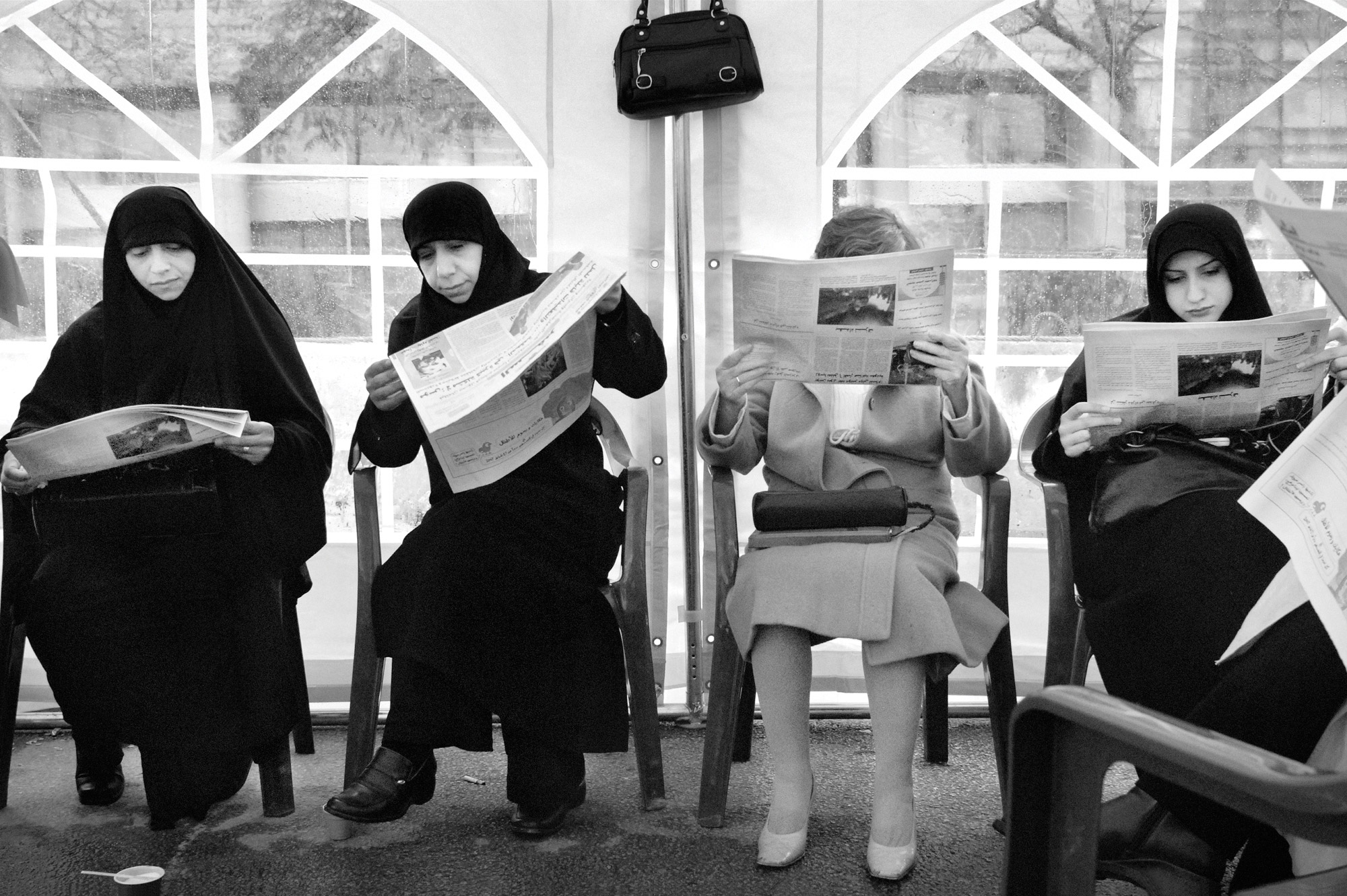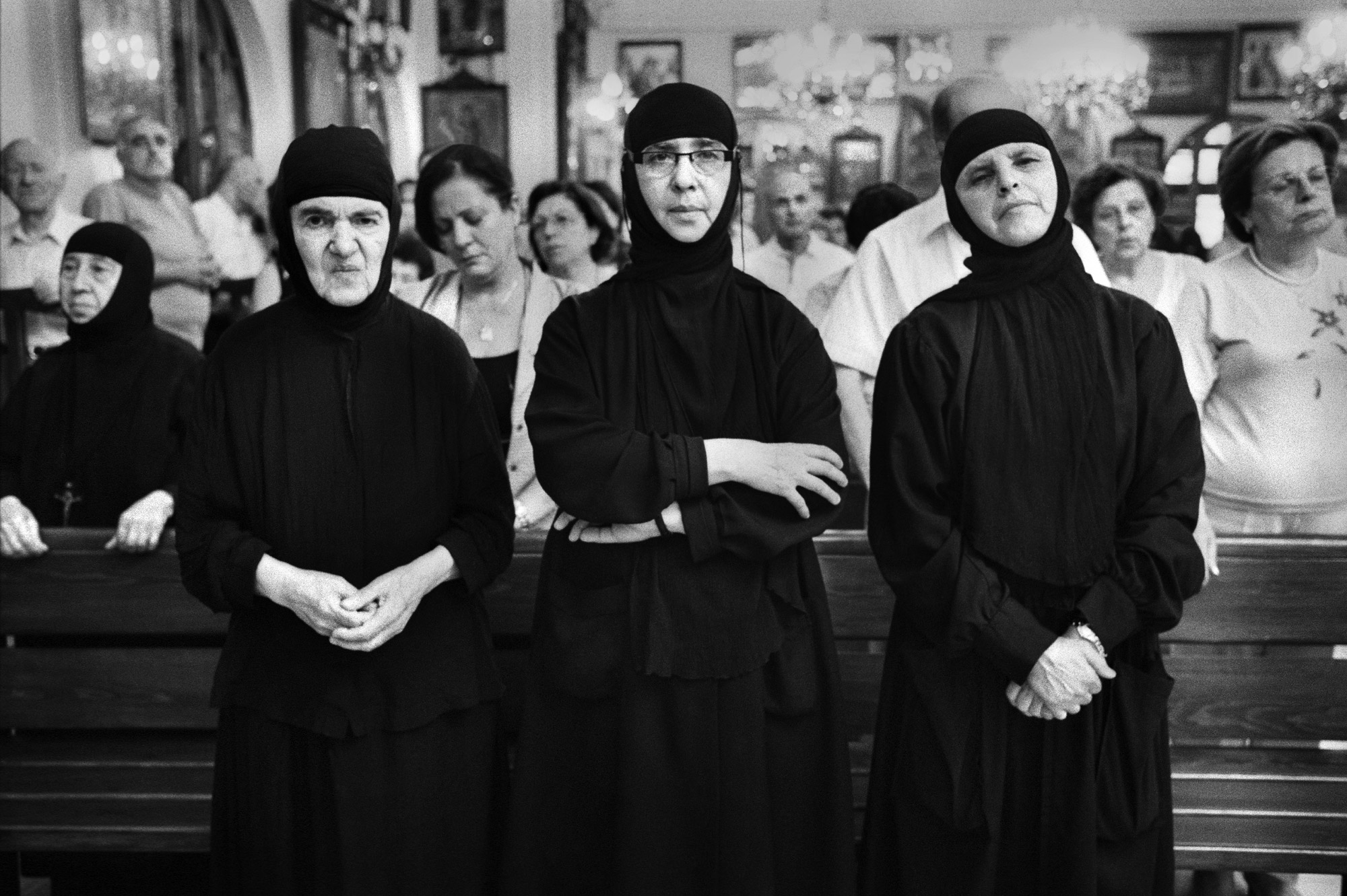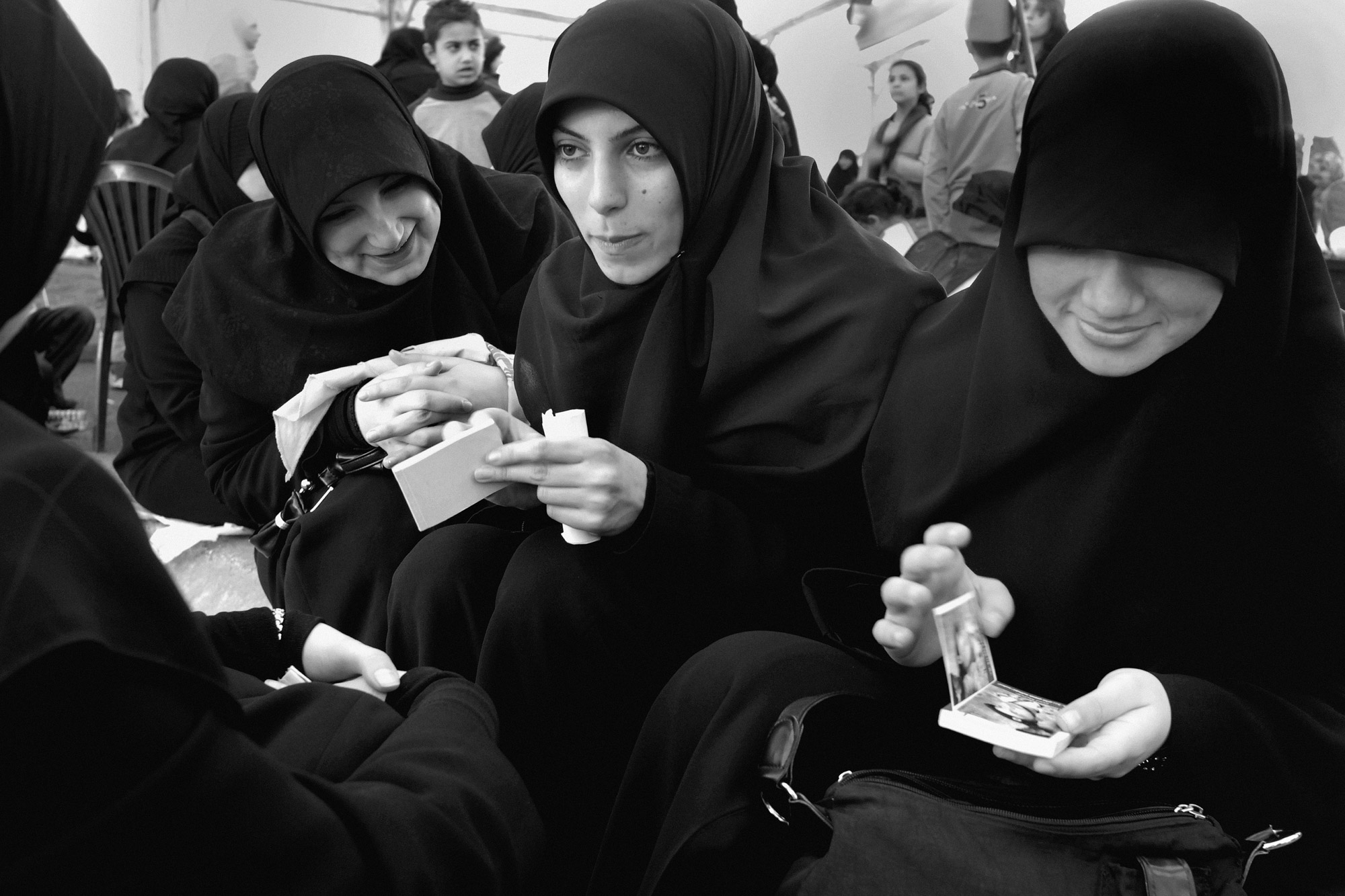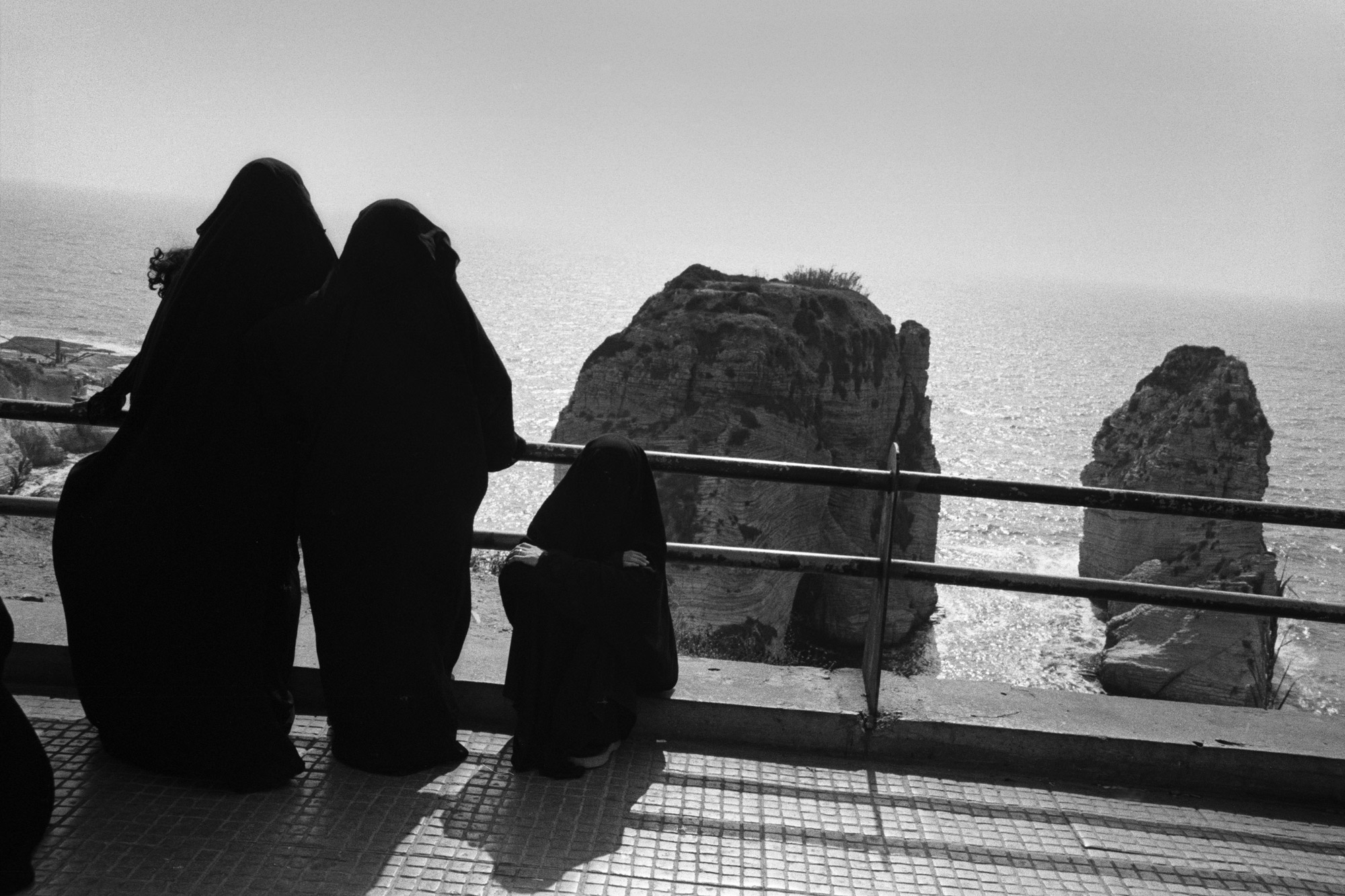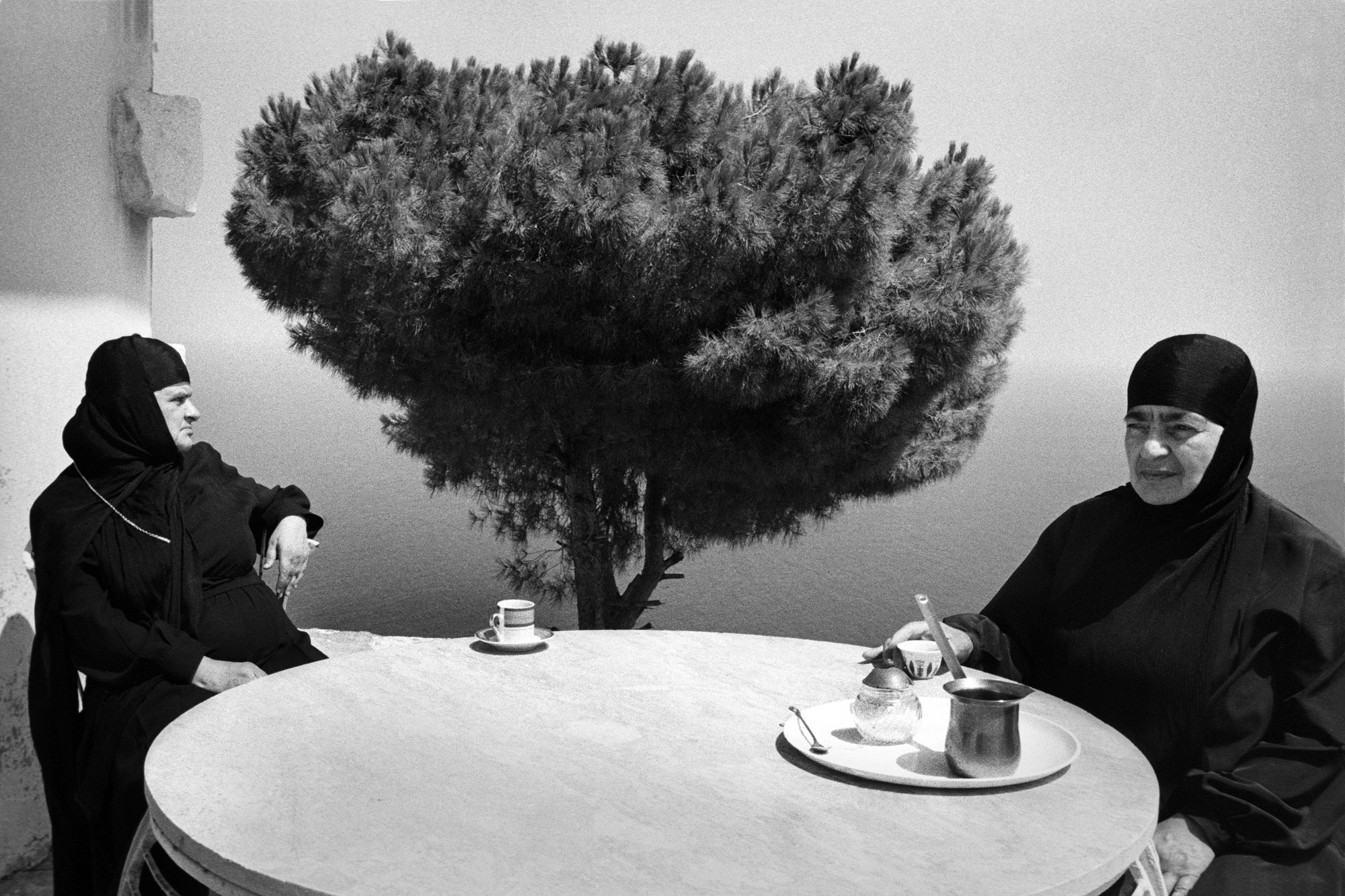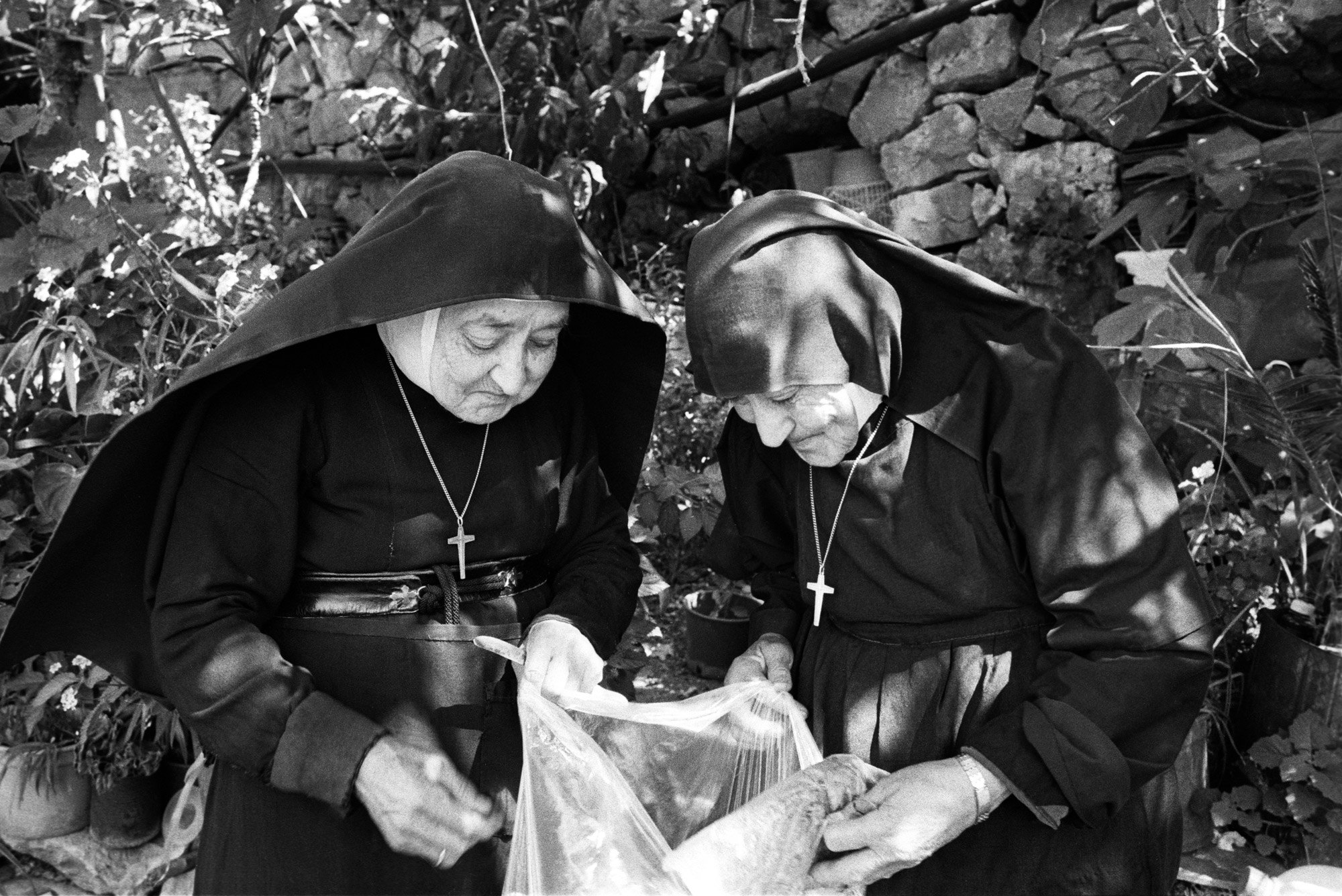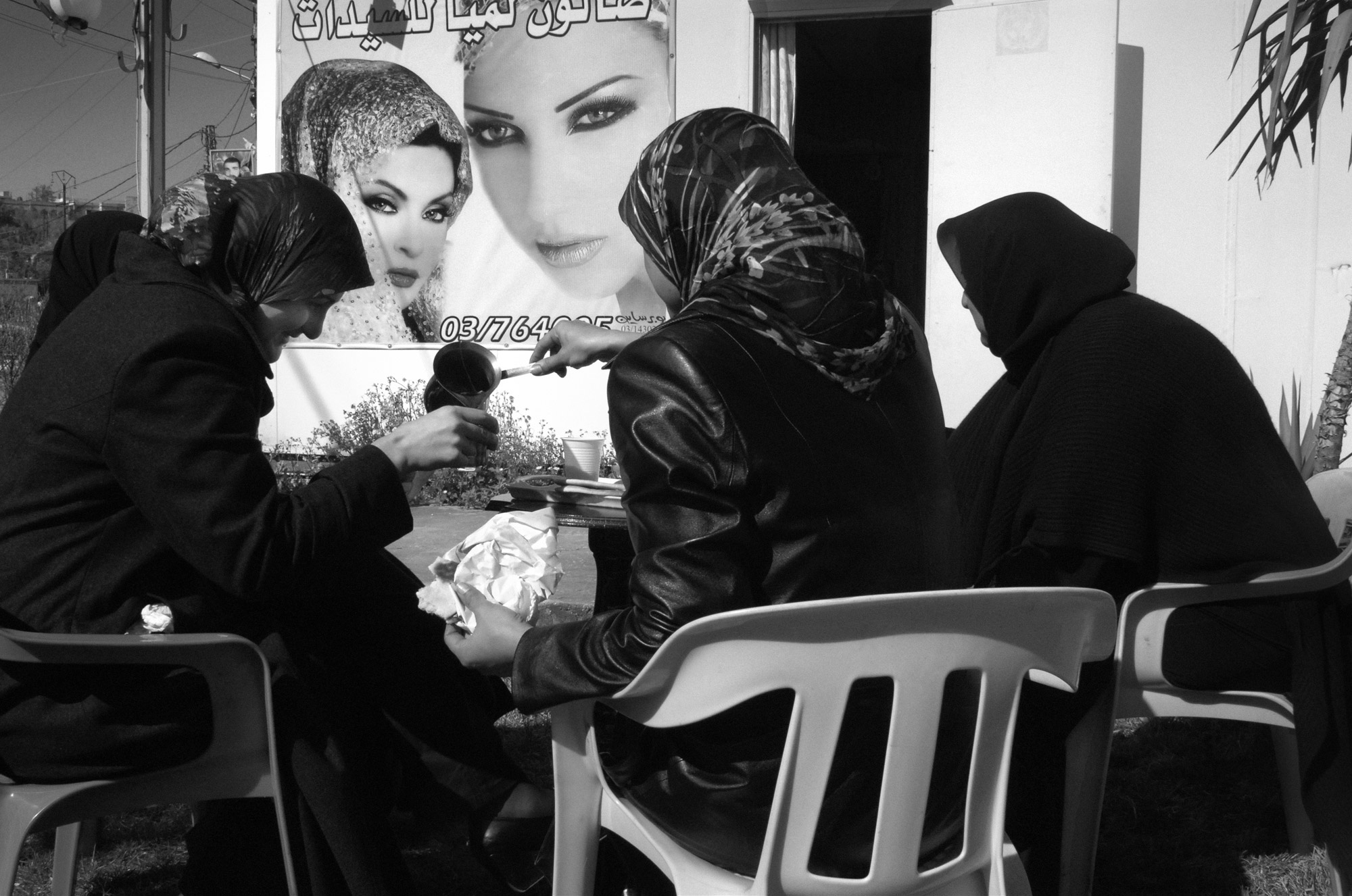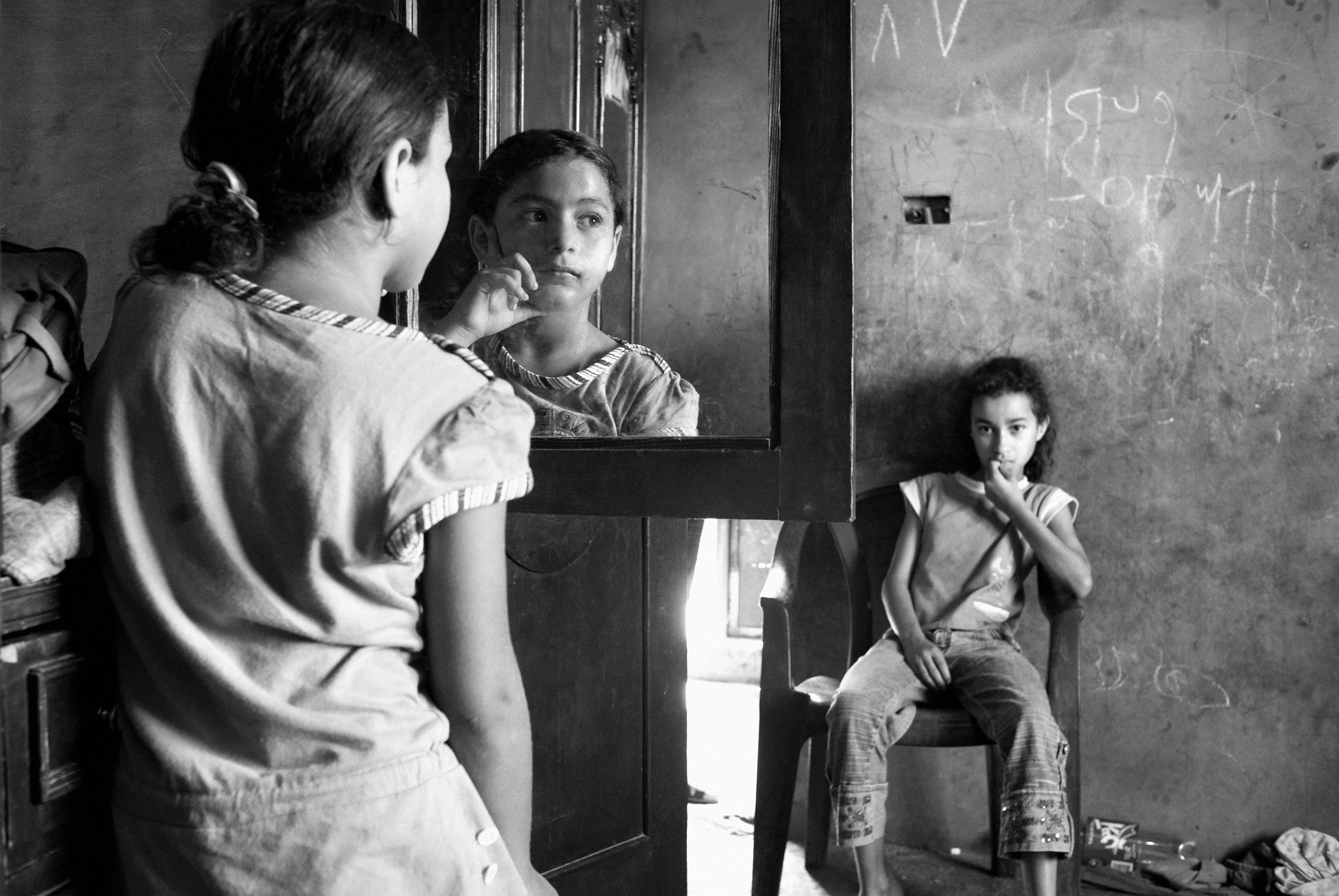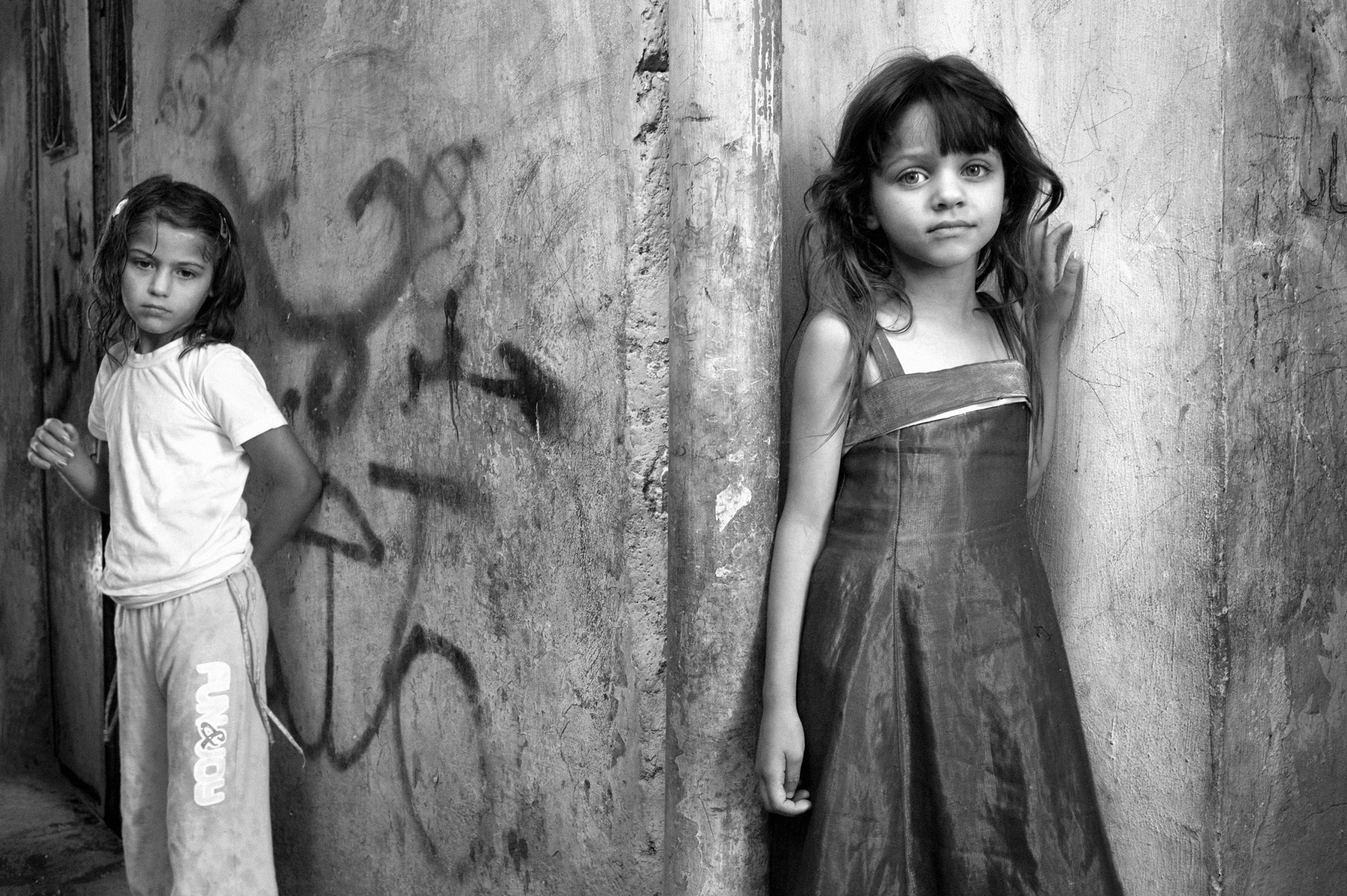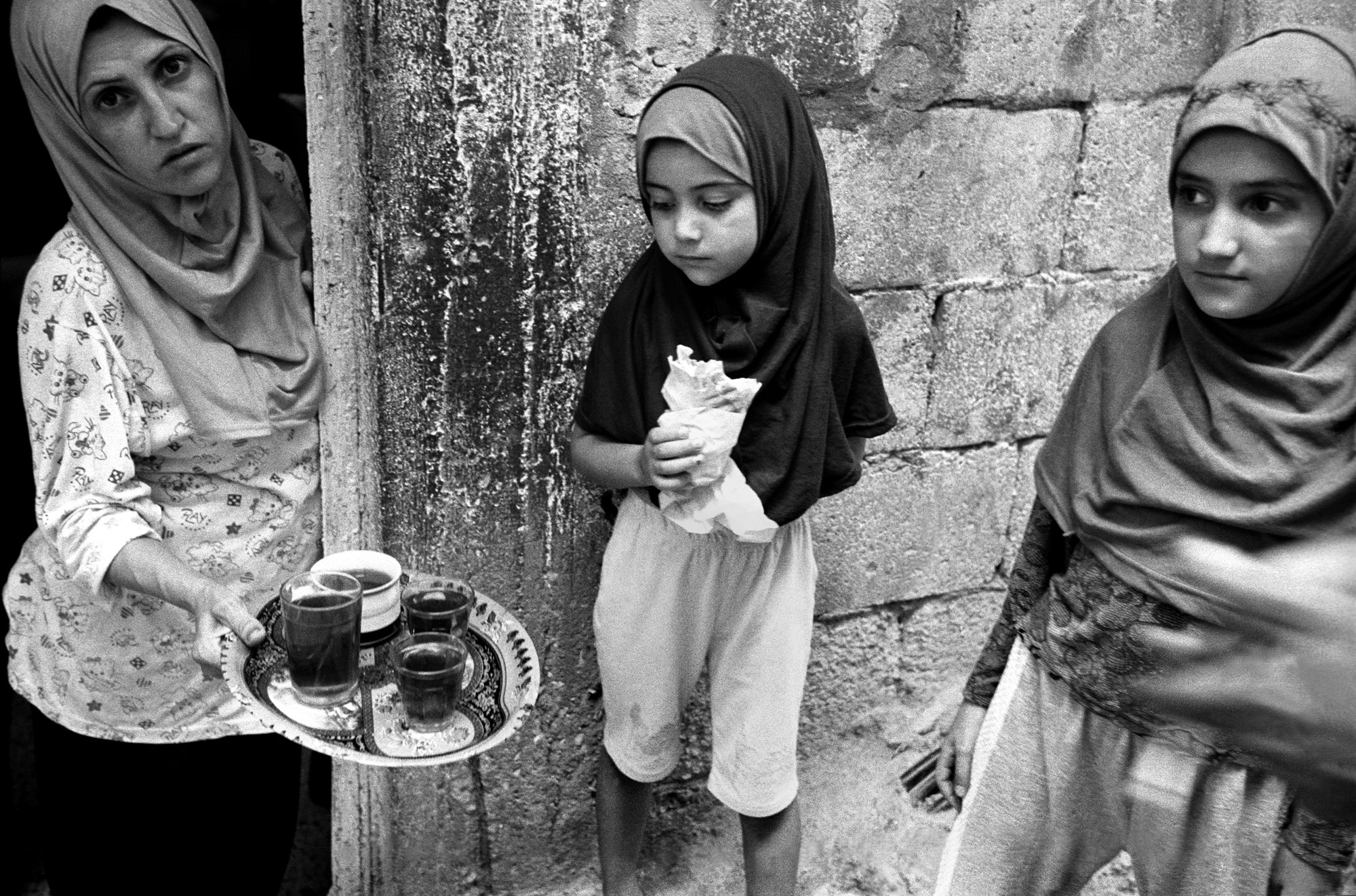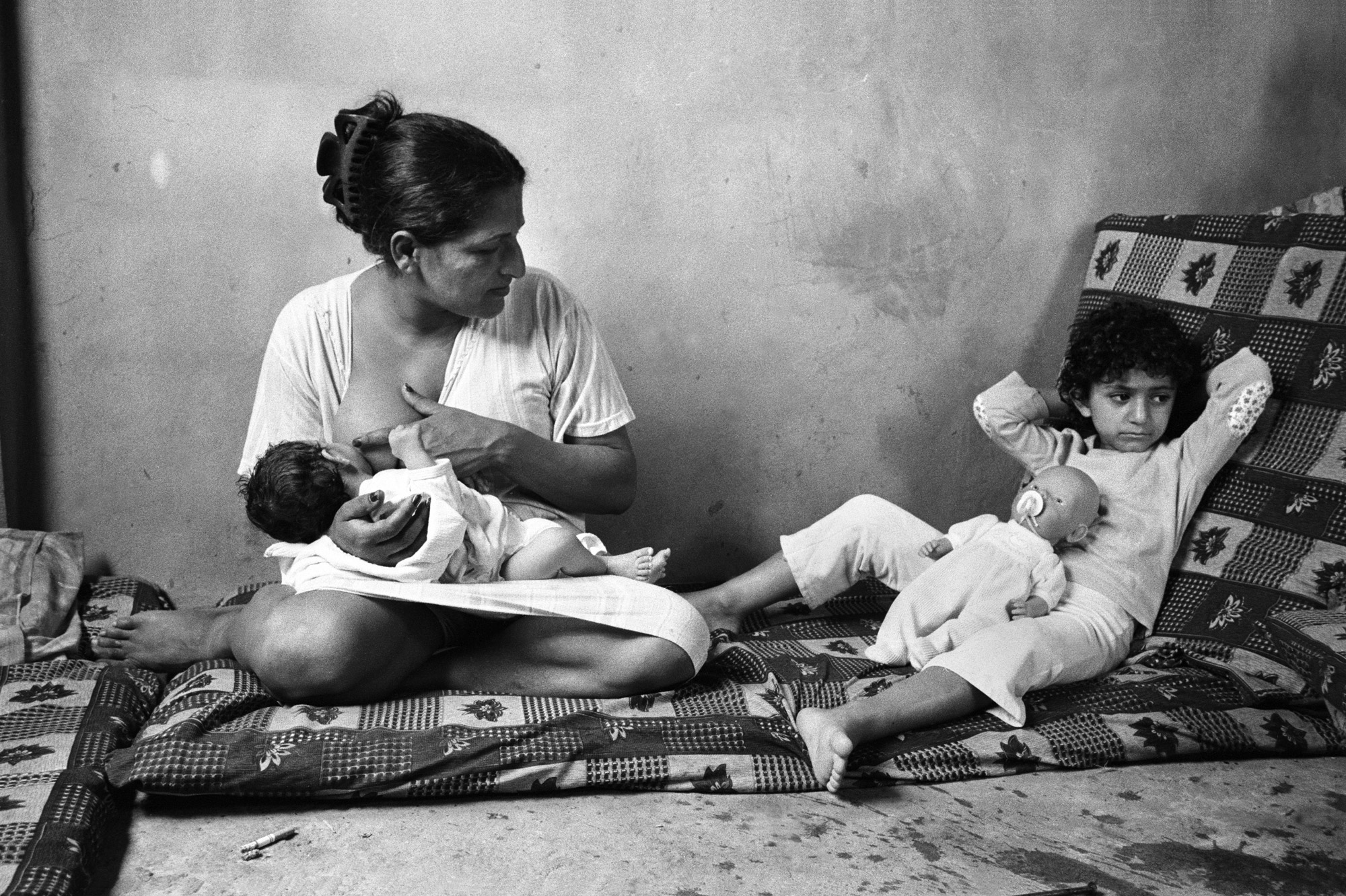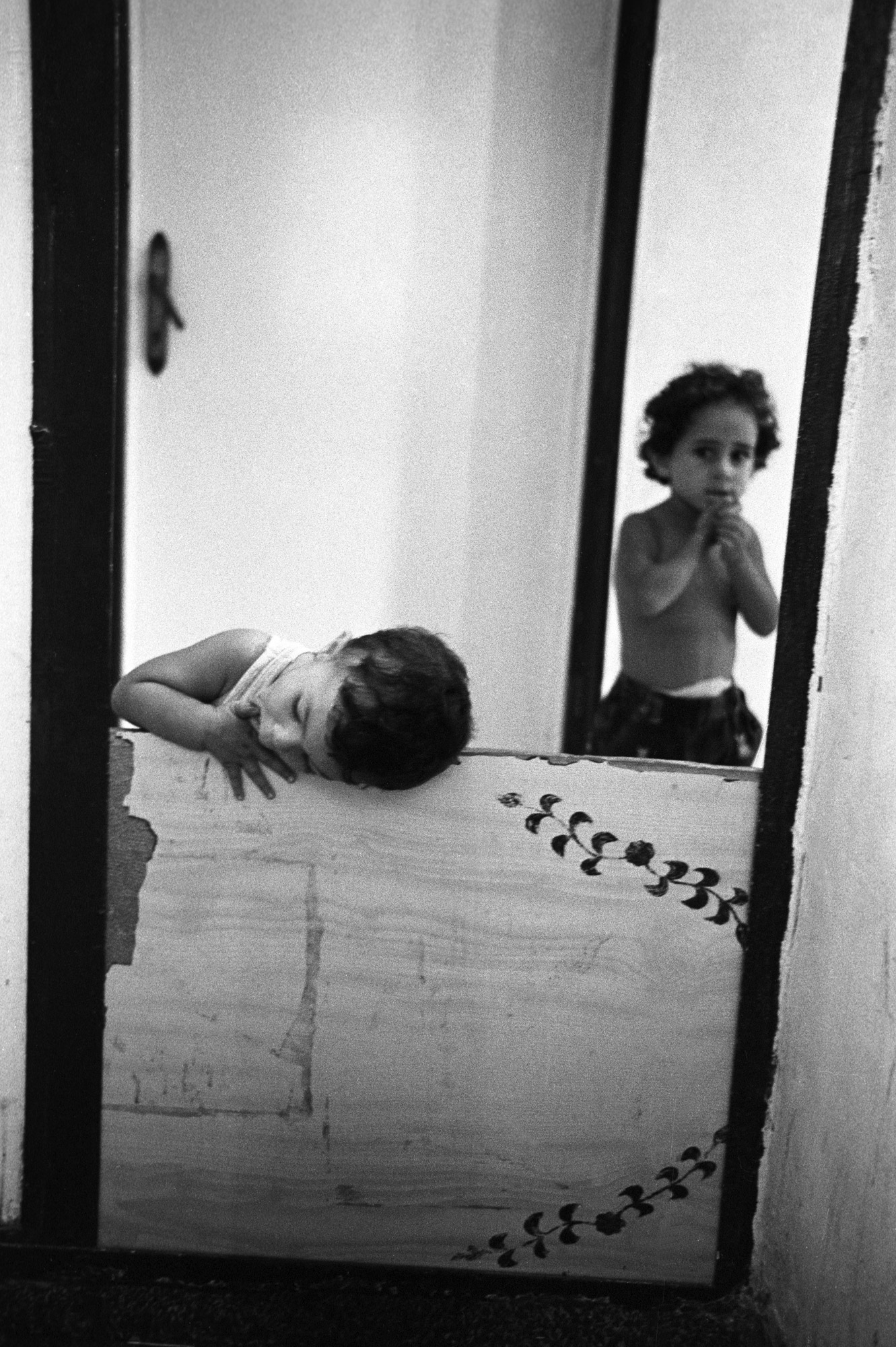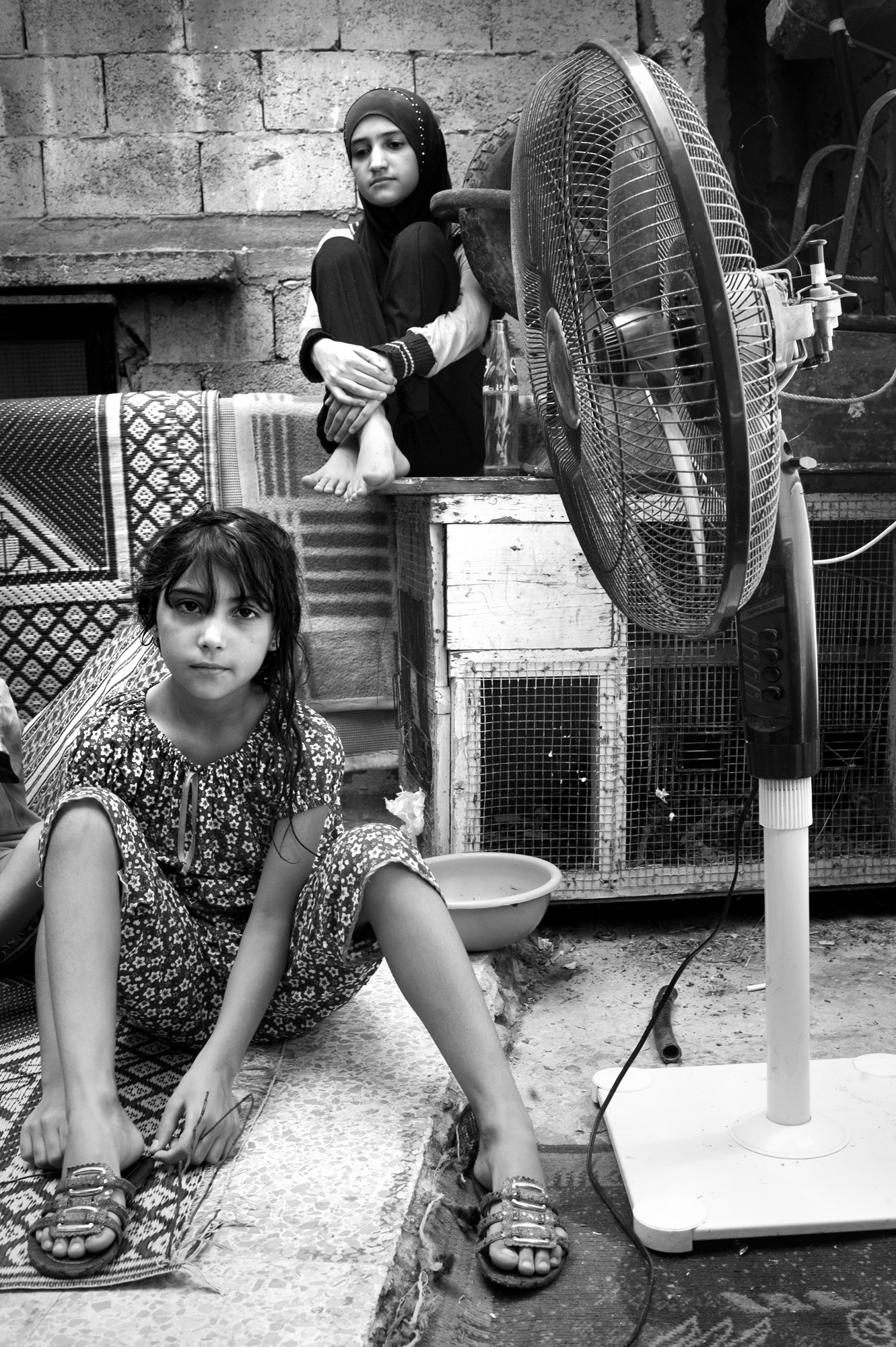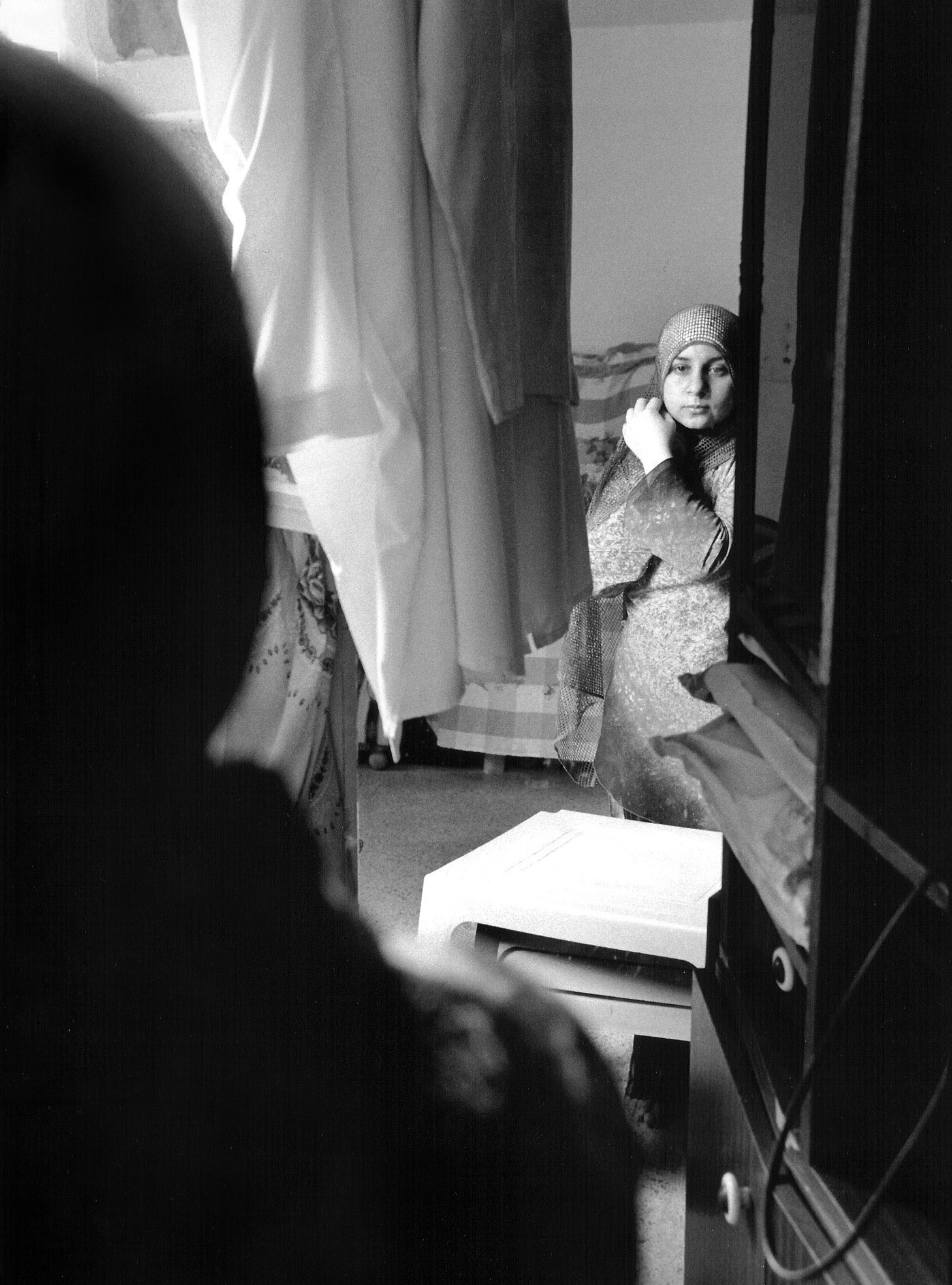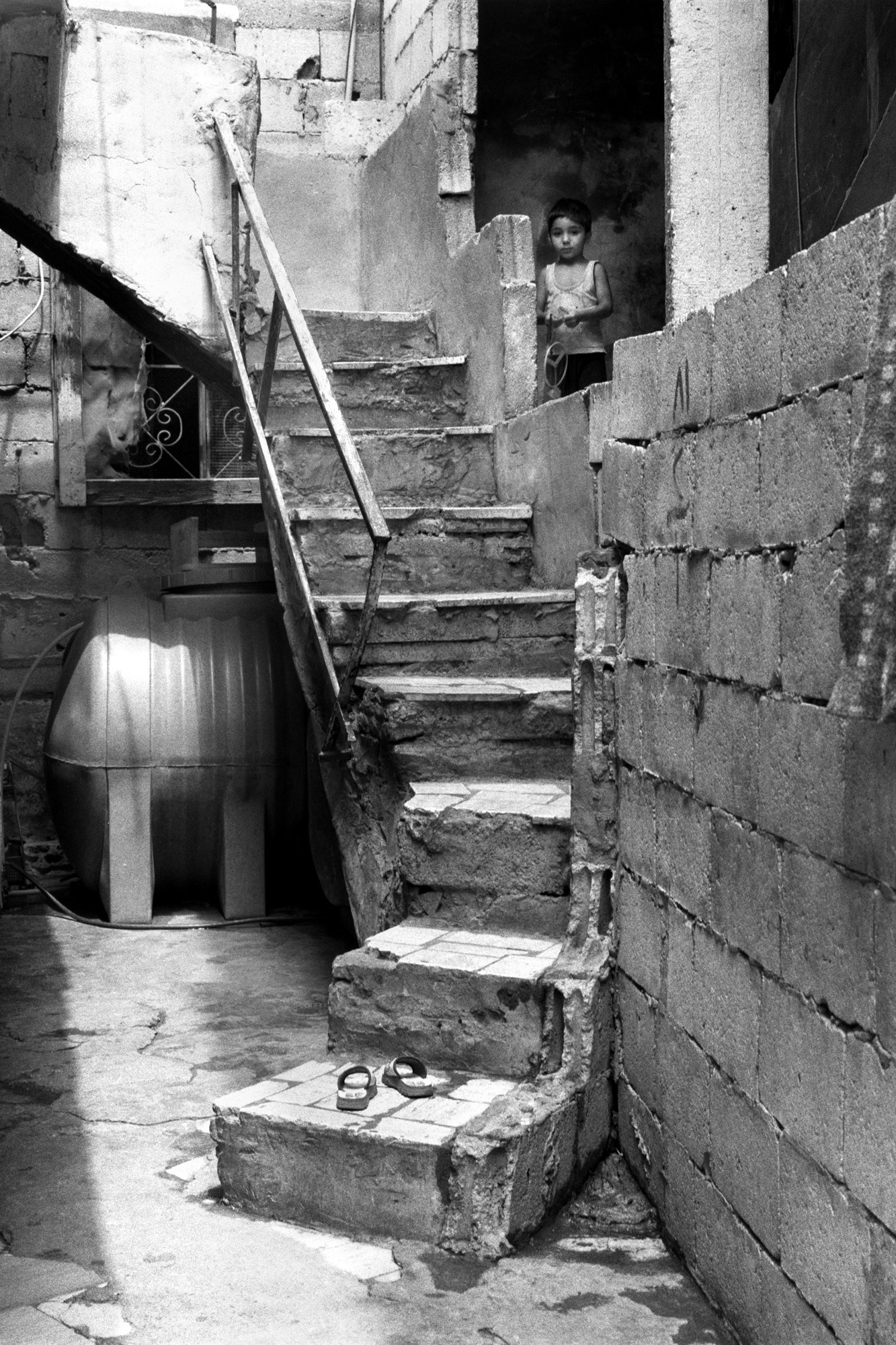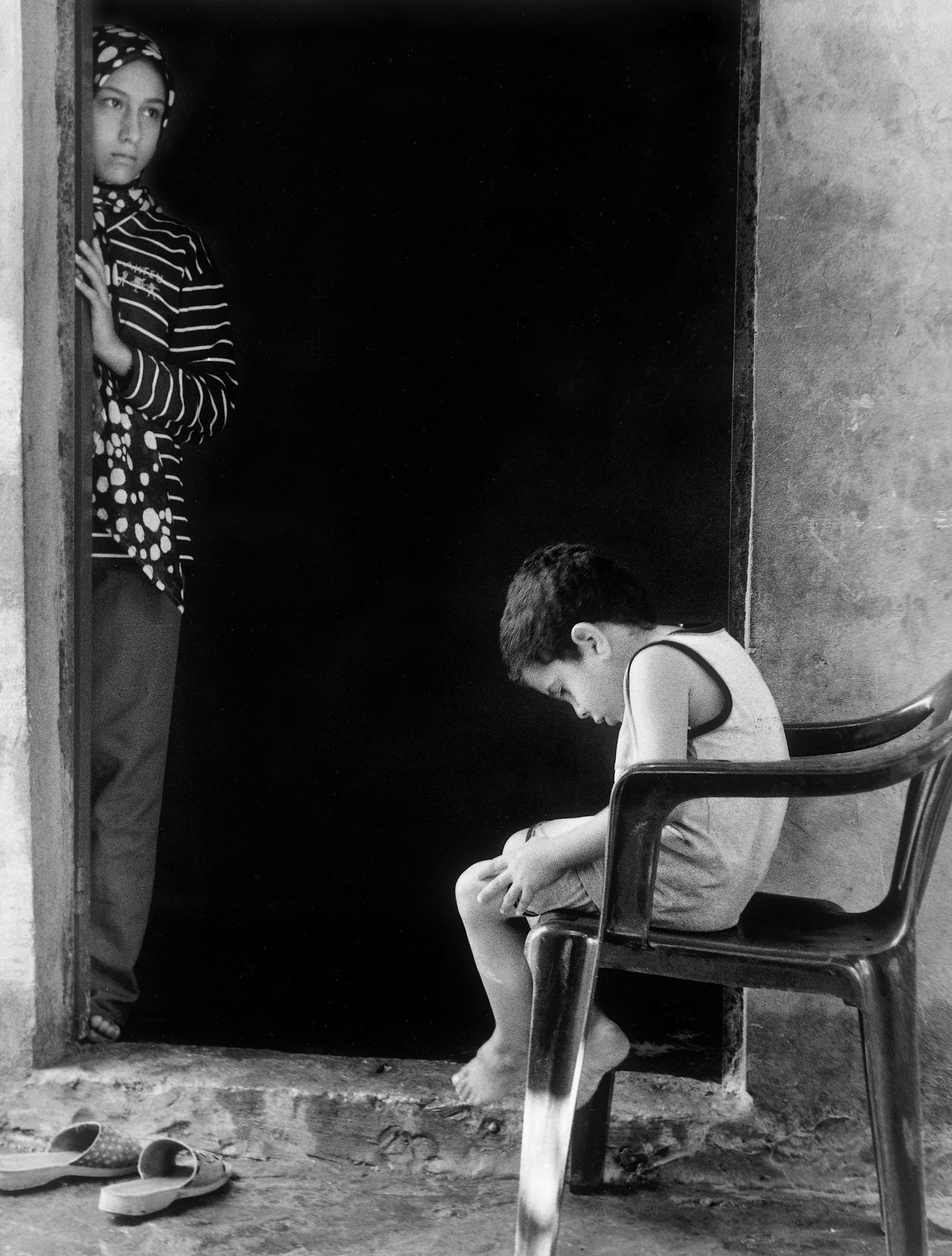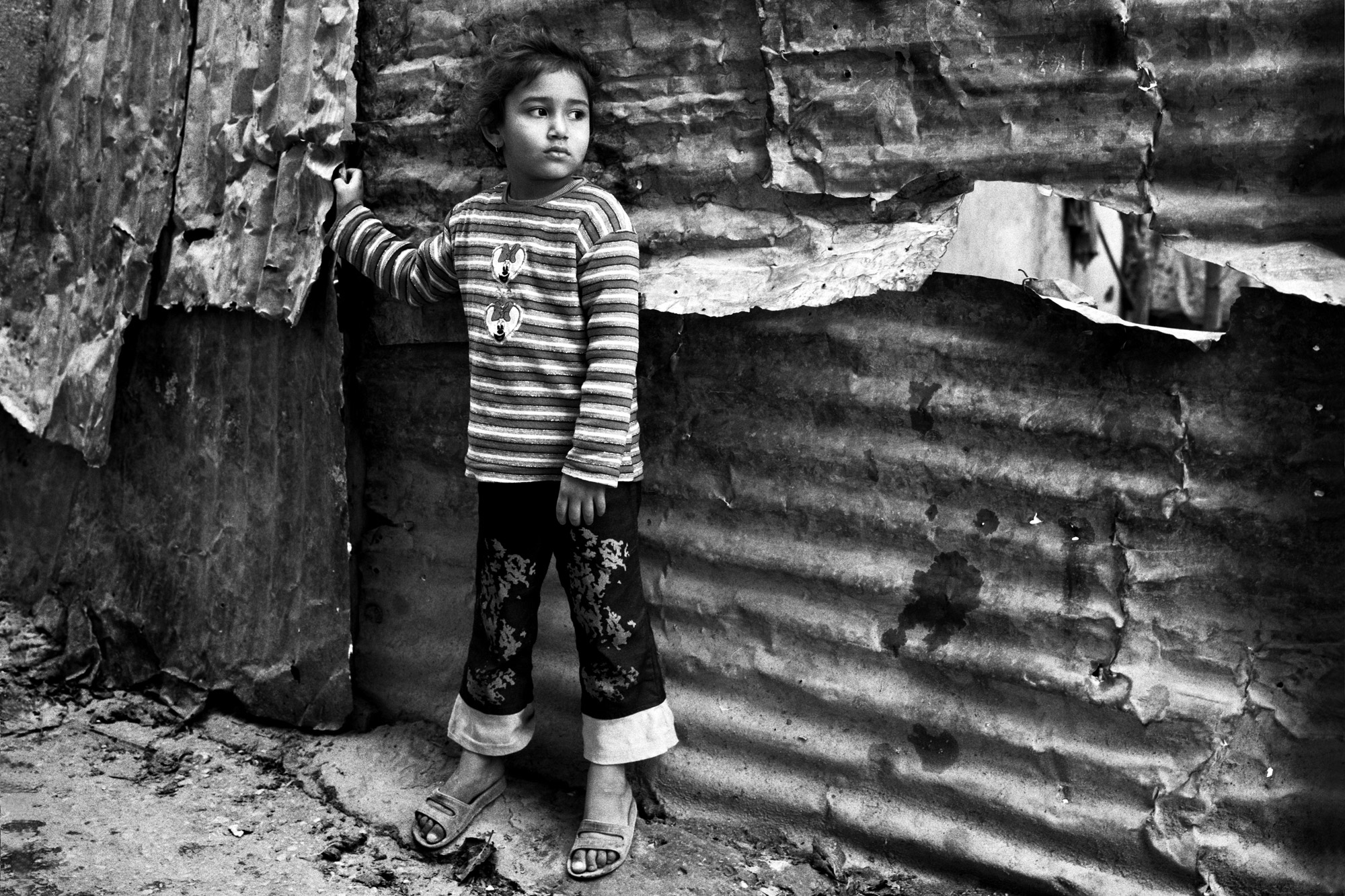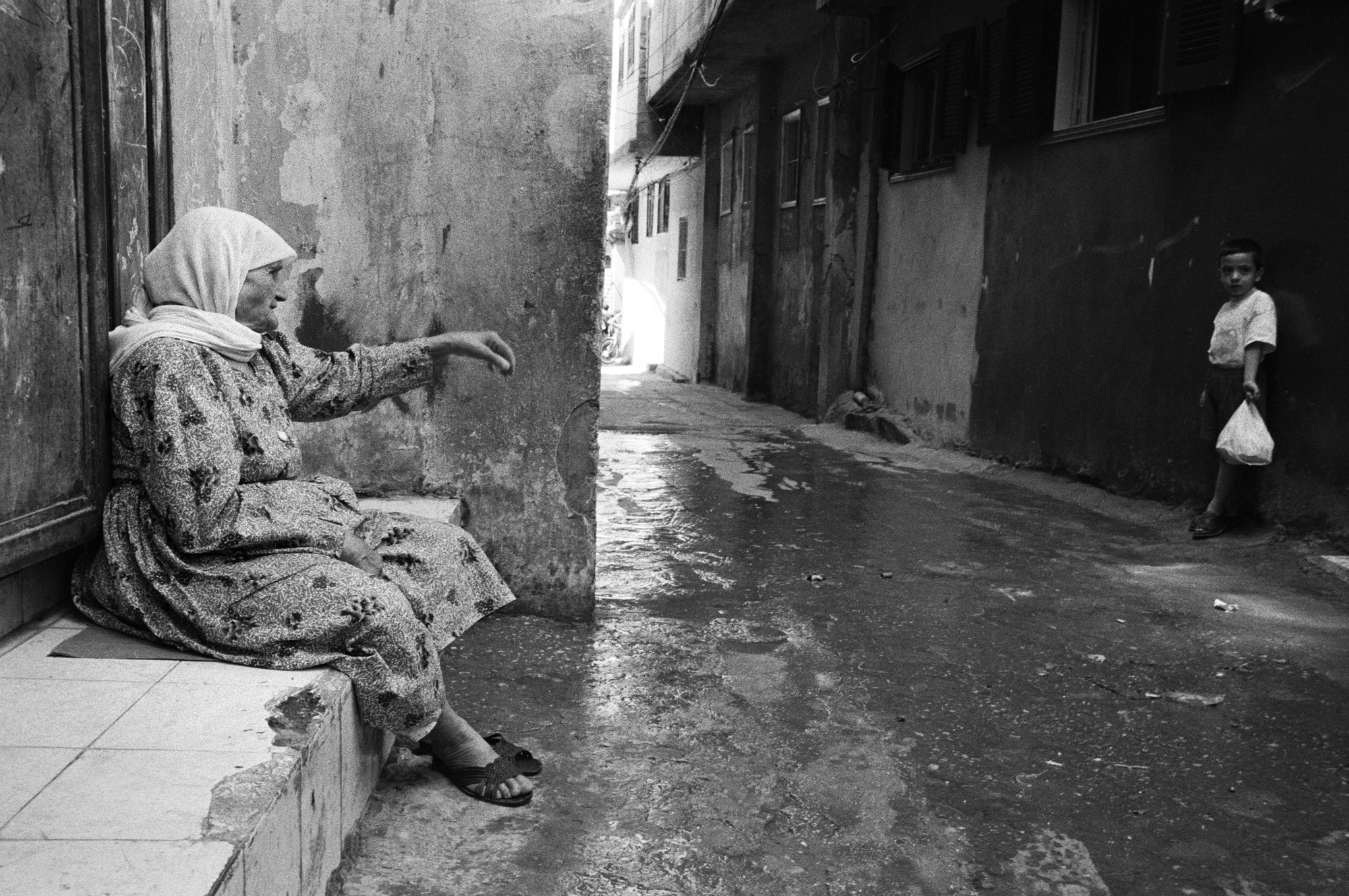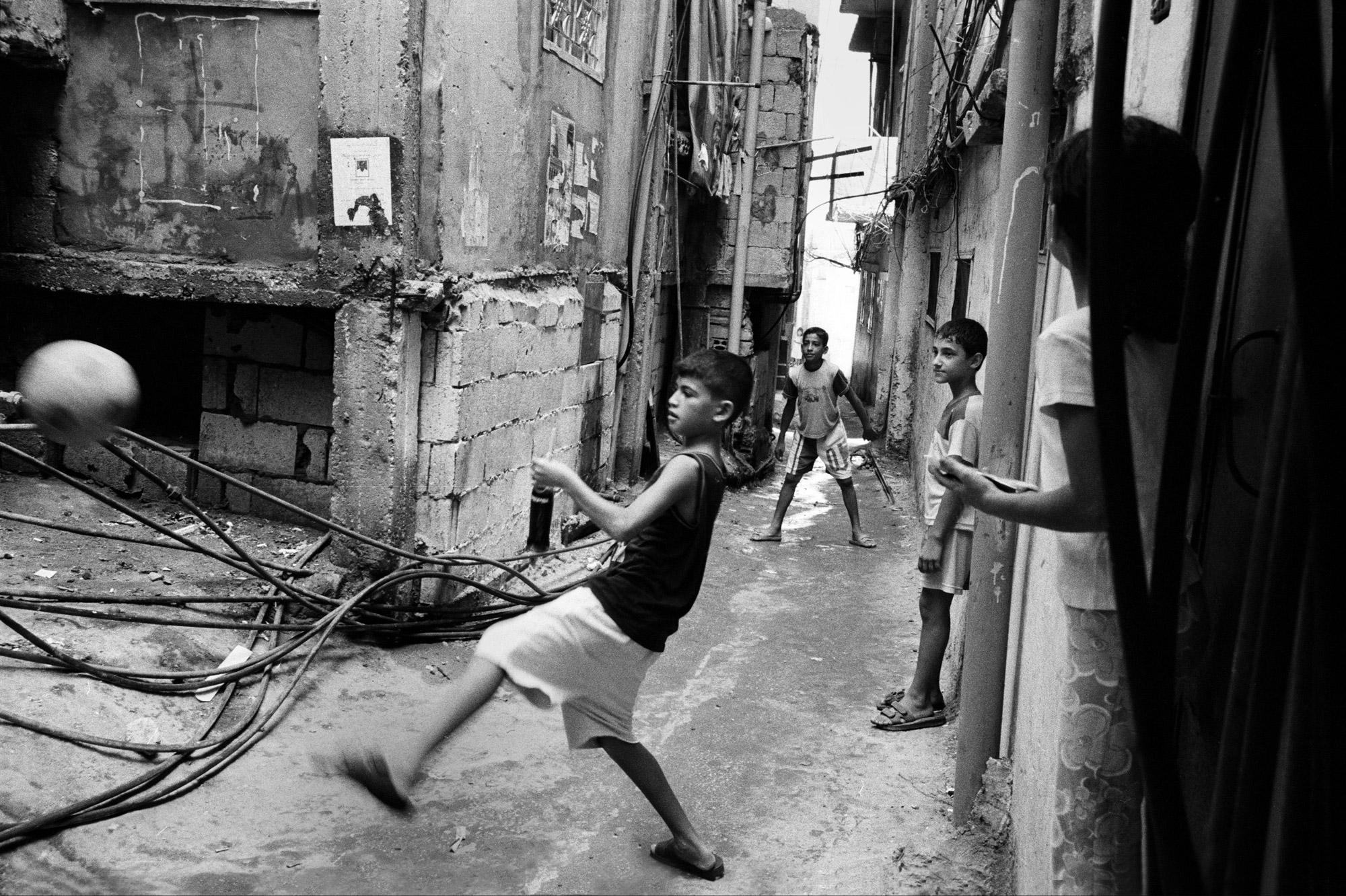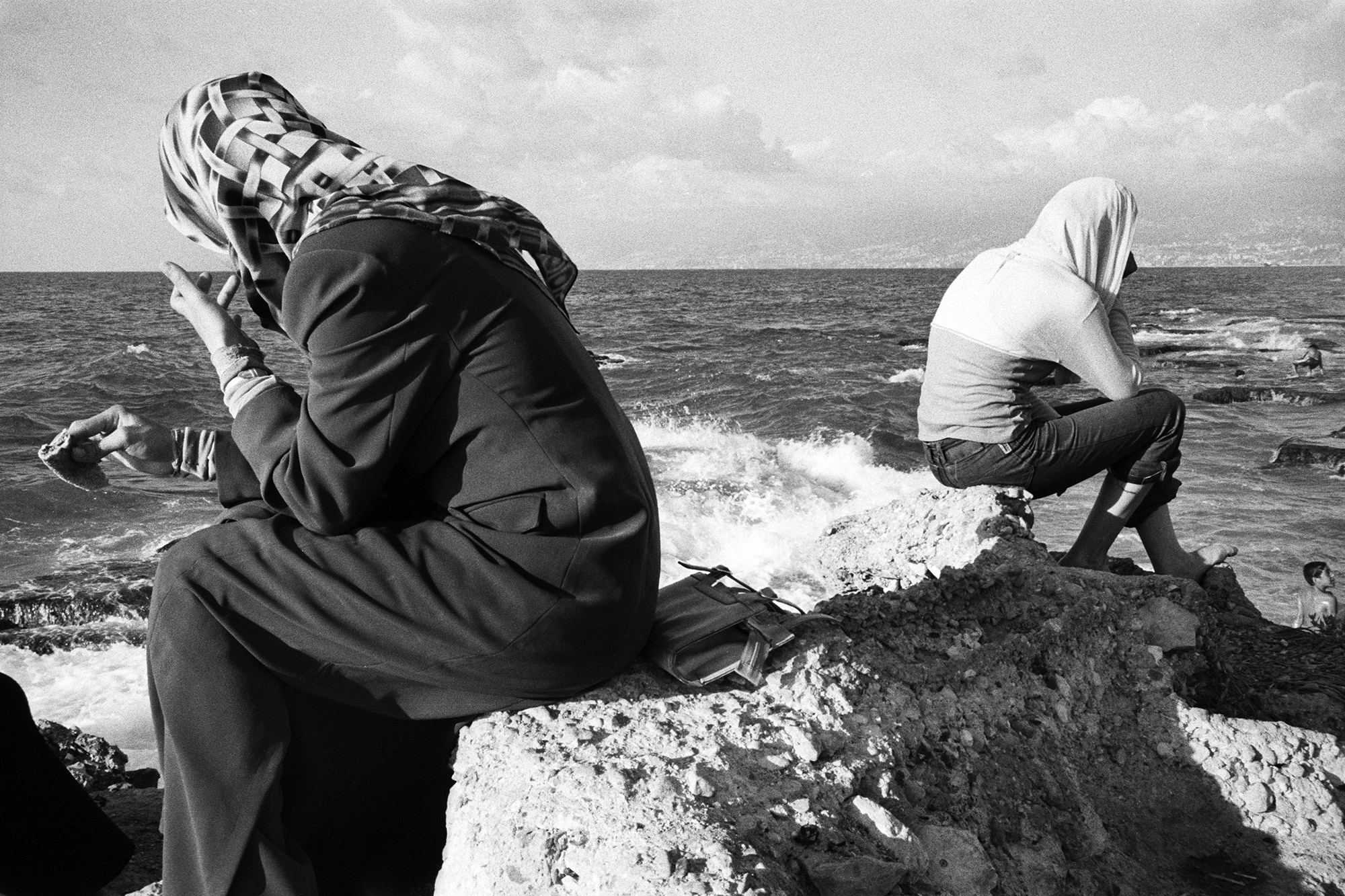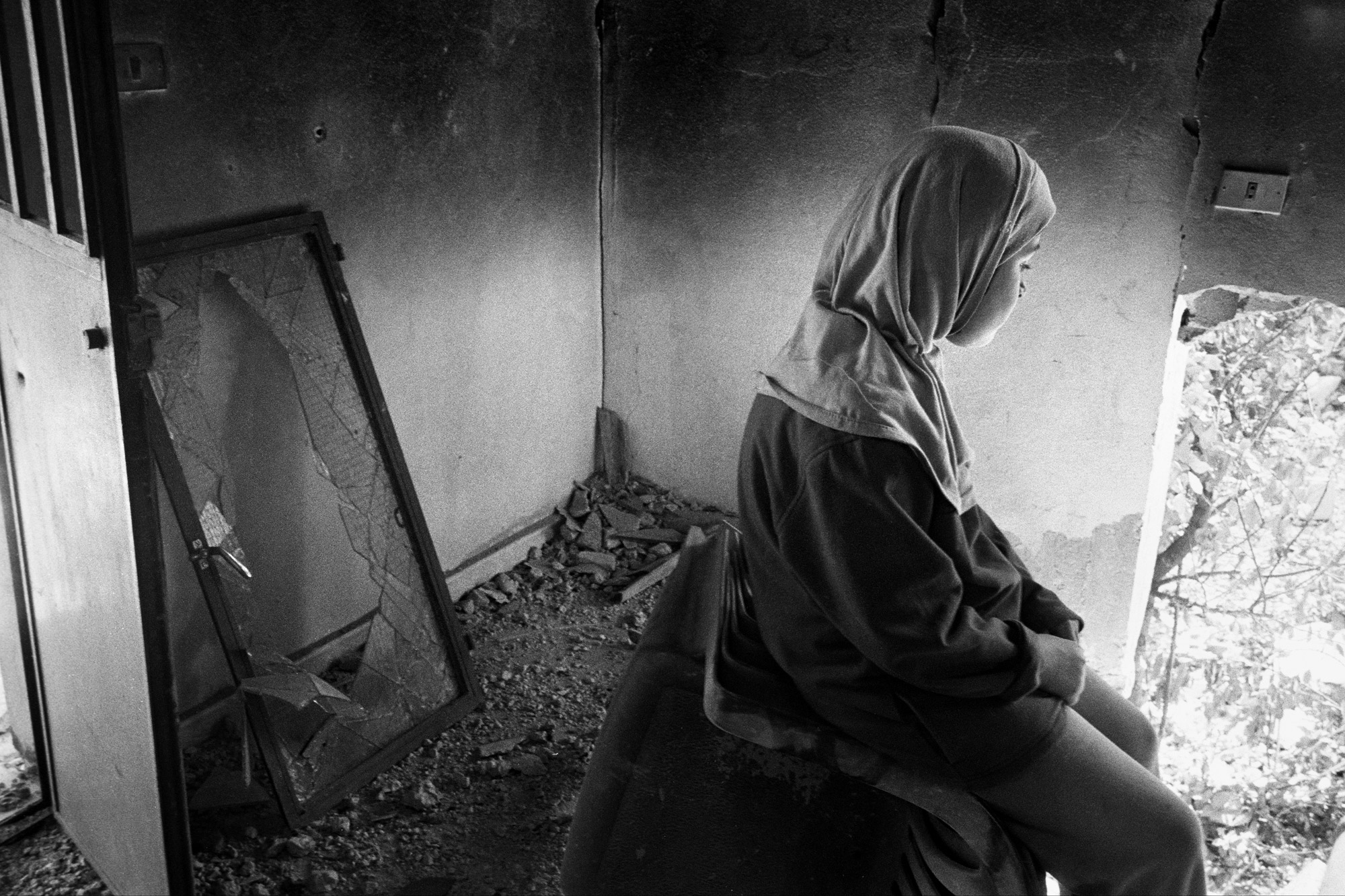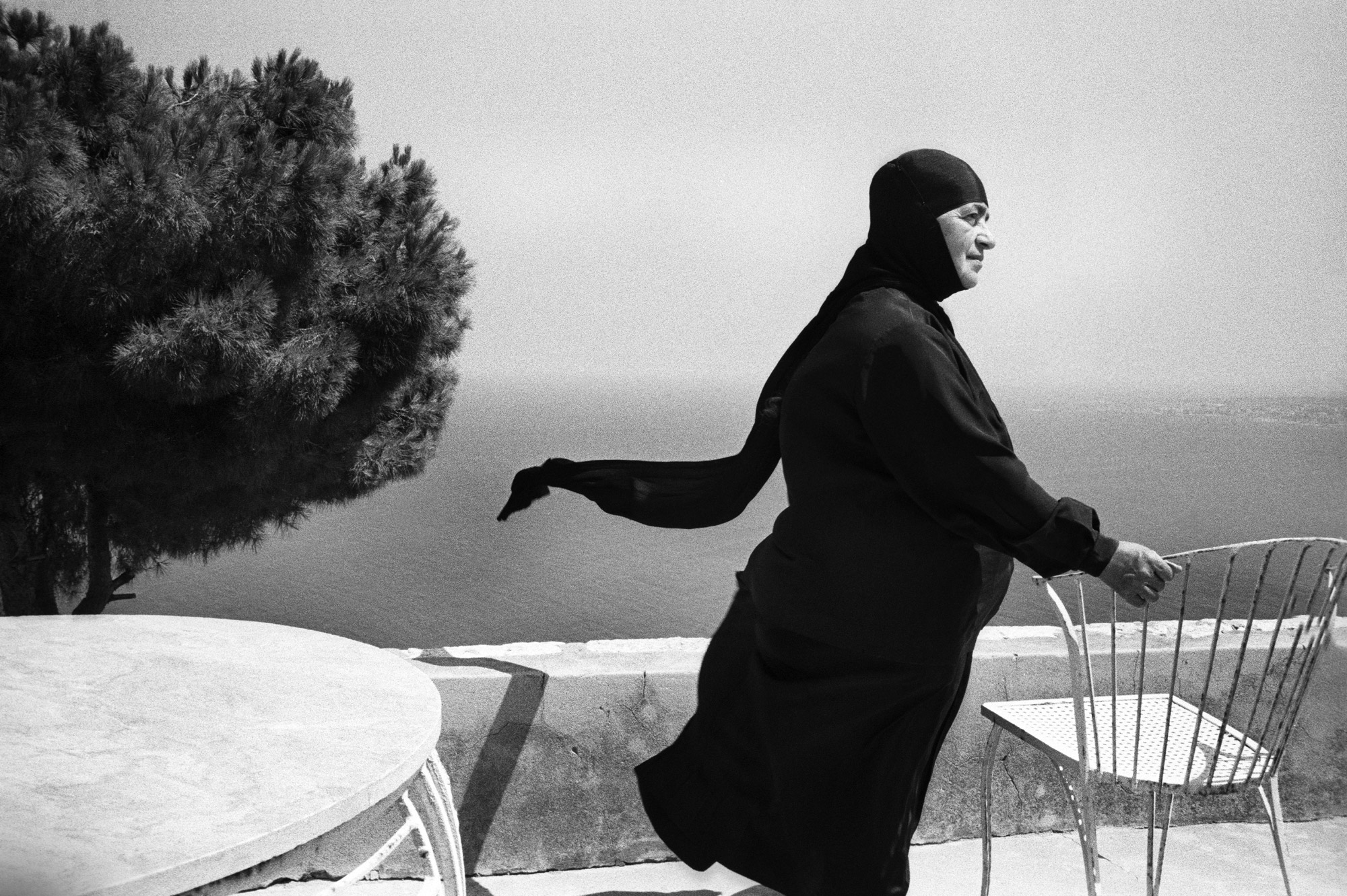Ordinary Lives
Ordinary Lives
Project Statement
The focus of this body of work is on the Middle East, on women and children especially. Lebanon in particular is interesting to me because of its key location between the West and the Arab world, witnessing a blend of Western and Arab cultures, of Christianity and Islam, of tradition and modernity all coexisting side by side.
The images shown here are a selection from four interrelated bodies of work: The Aftermath of War a photographic essay of life in Lebanon after the numerous wars the country has gone through, The Veil: Modesty, Fashion, Devotion or Statement studying the recent spread of the veil and its meanings among Muslim women in Lebanon, The Forgotten People representing life in the Palestinian refugee camps and The Arab Christians an often underrepresented and forgotten minority in the Arab World, but a minority with strong traditions and roots.
These images do not have the intention of representing Lebanon as a country, a country with more facets than I can begin to describe, or to be political in any way, but to primarily focus on ordinary people going on with their daily lives in this complicated part of the world.
Throughout my work in Lebanon, be it after the war, in the refugee camps, in the suburbs of Beirut or in Southern Lebanon, I was welcome in people’s homes and I was humbled by people’s resilience, kindness and hospitality. As such, in these photos I focus mainly on the people who did not lose their humanity and their dignity despite what they have been and were still going through. I avoided the obvious images of grief and calamity, preferring to set my focus on the indomitable ability of the human spirit to continue with the minutiae of life – from the joyful to the mundane – even amid the most difficult of circumstance.
Ordinary Lives, the book
Ordinary Lives is Rania Matar’s first book.
Released September 2009
Publisher Quantuck Lane Press
Text by Pulitzer Prize Winning Journalist, Anthony Shadid


